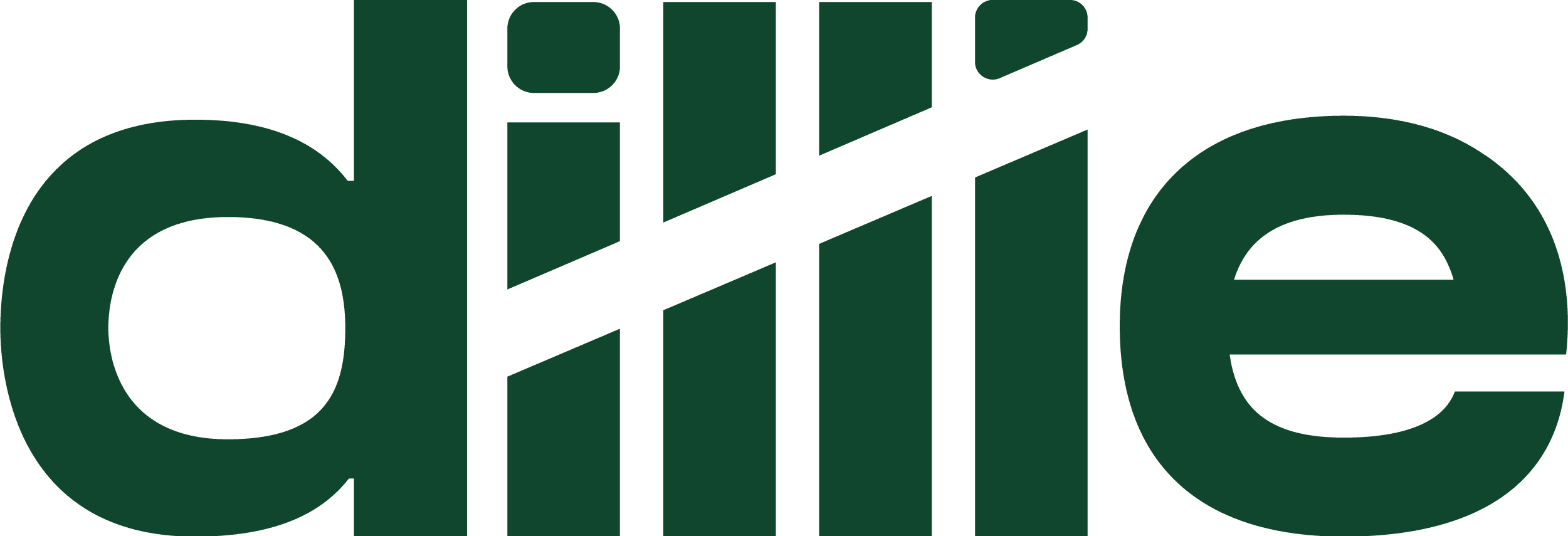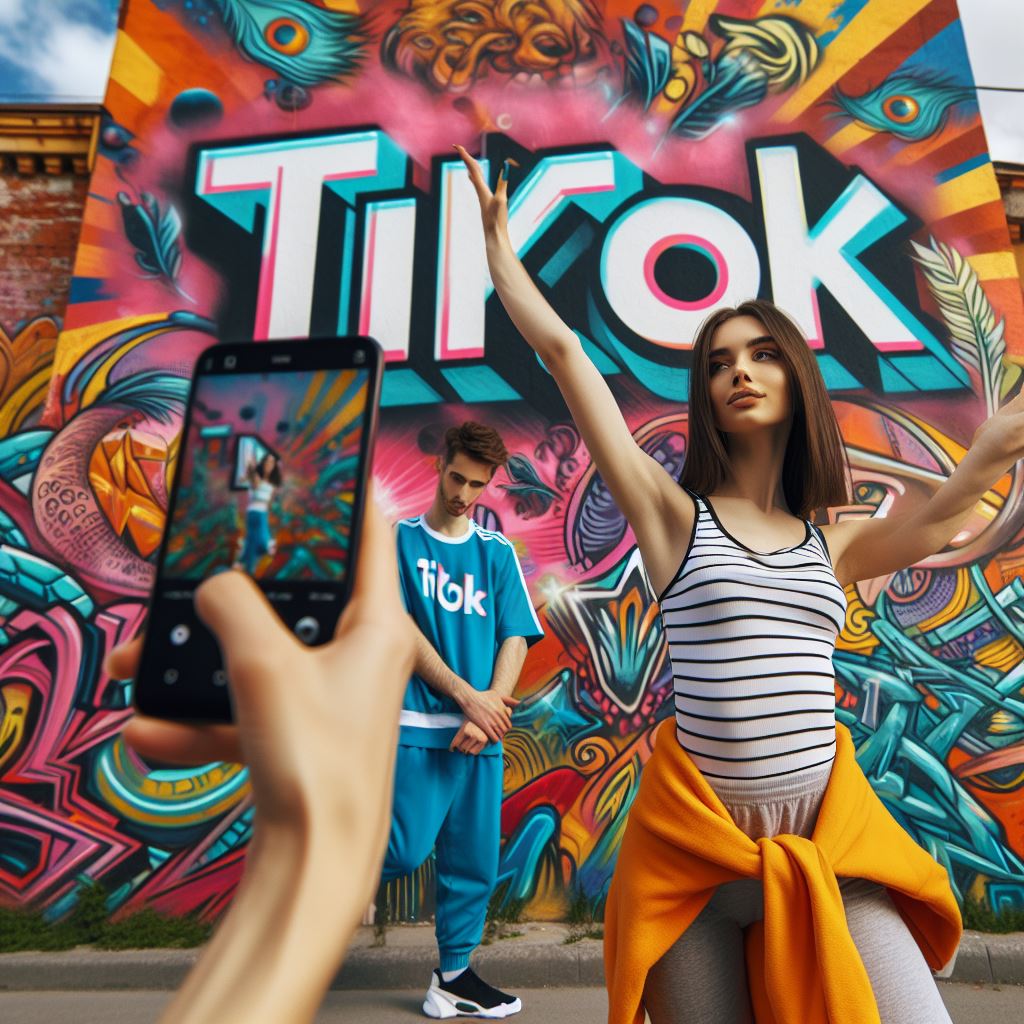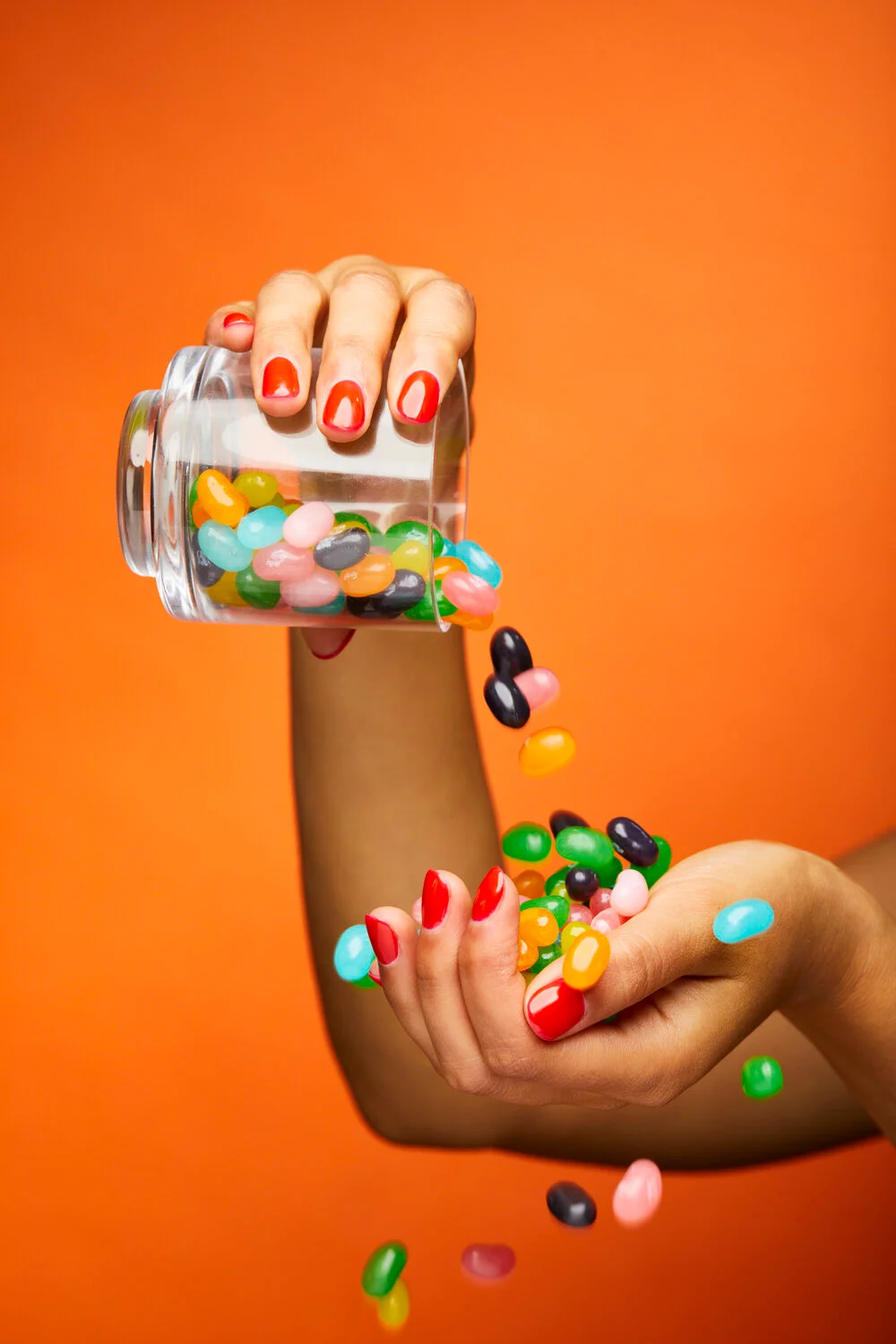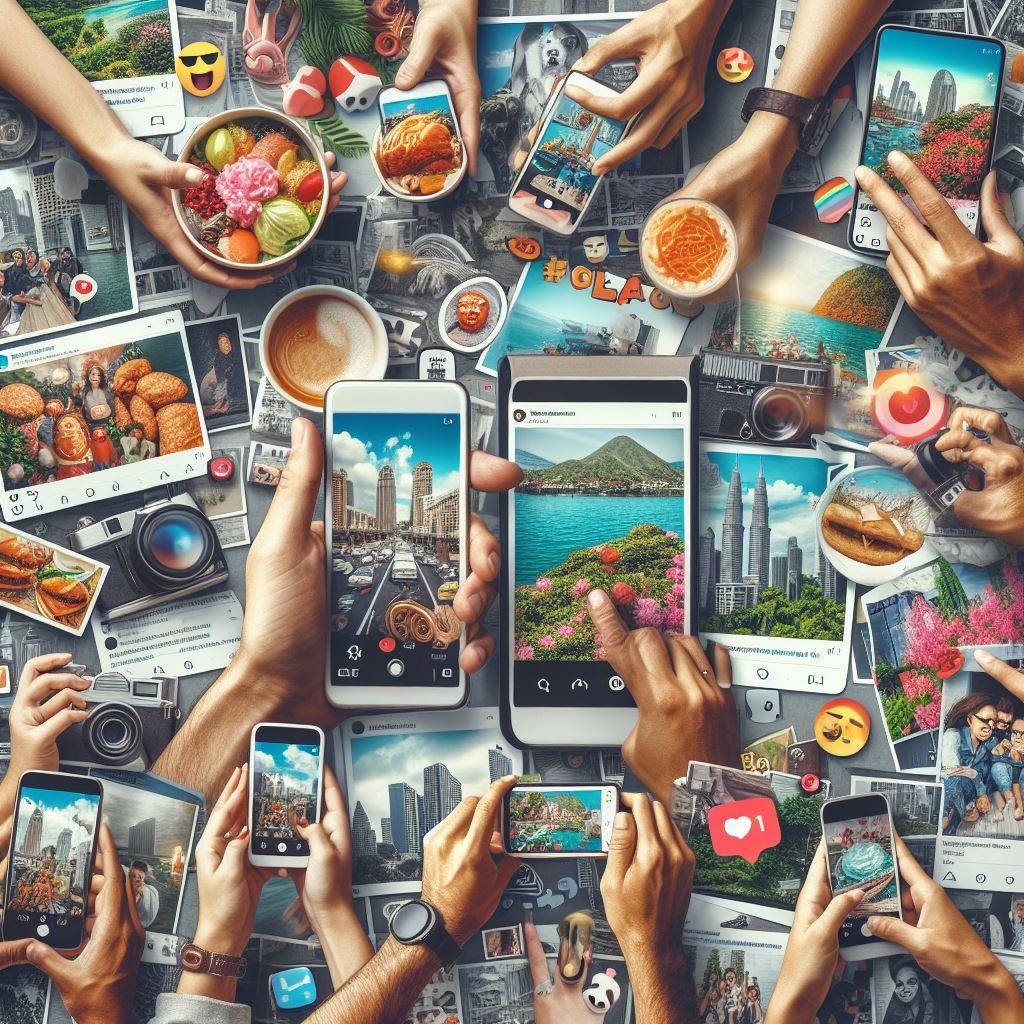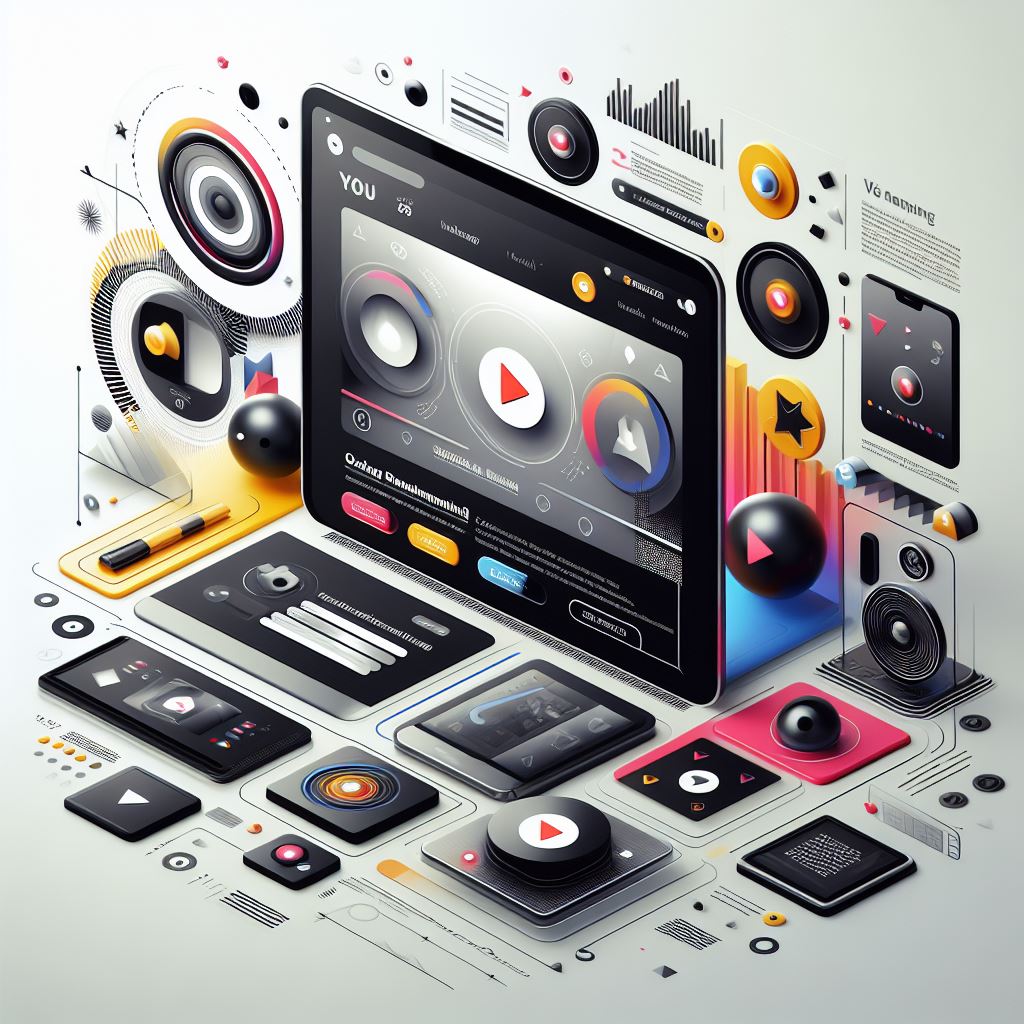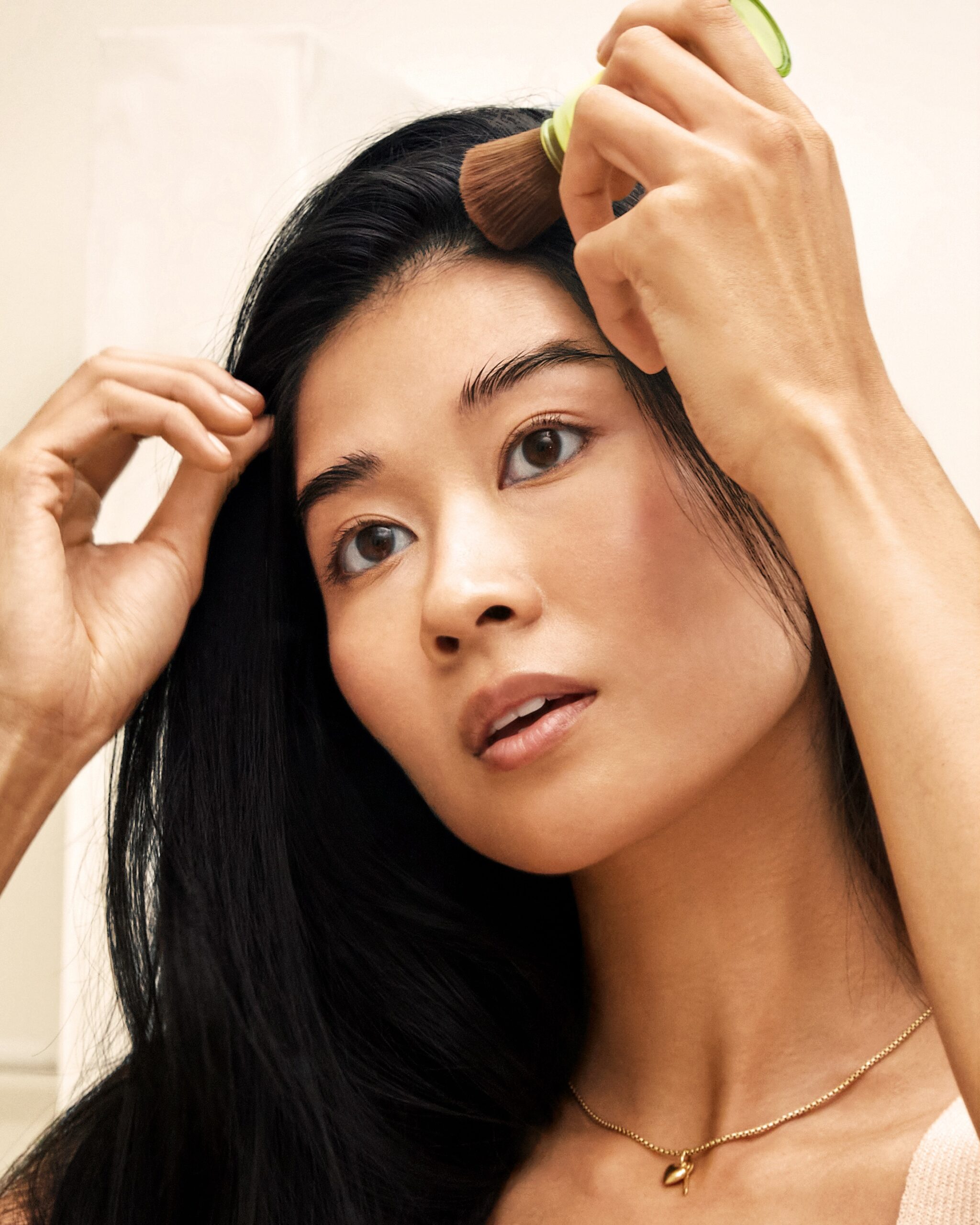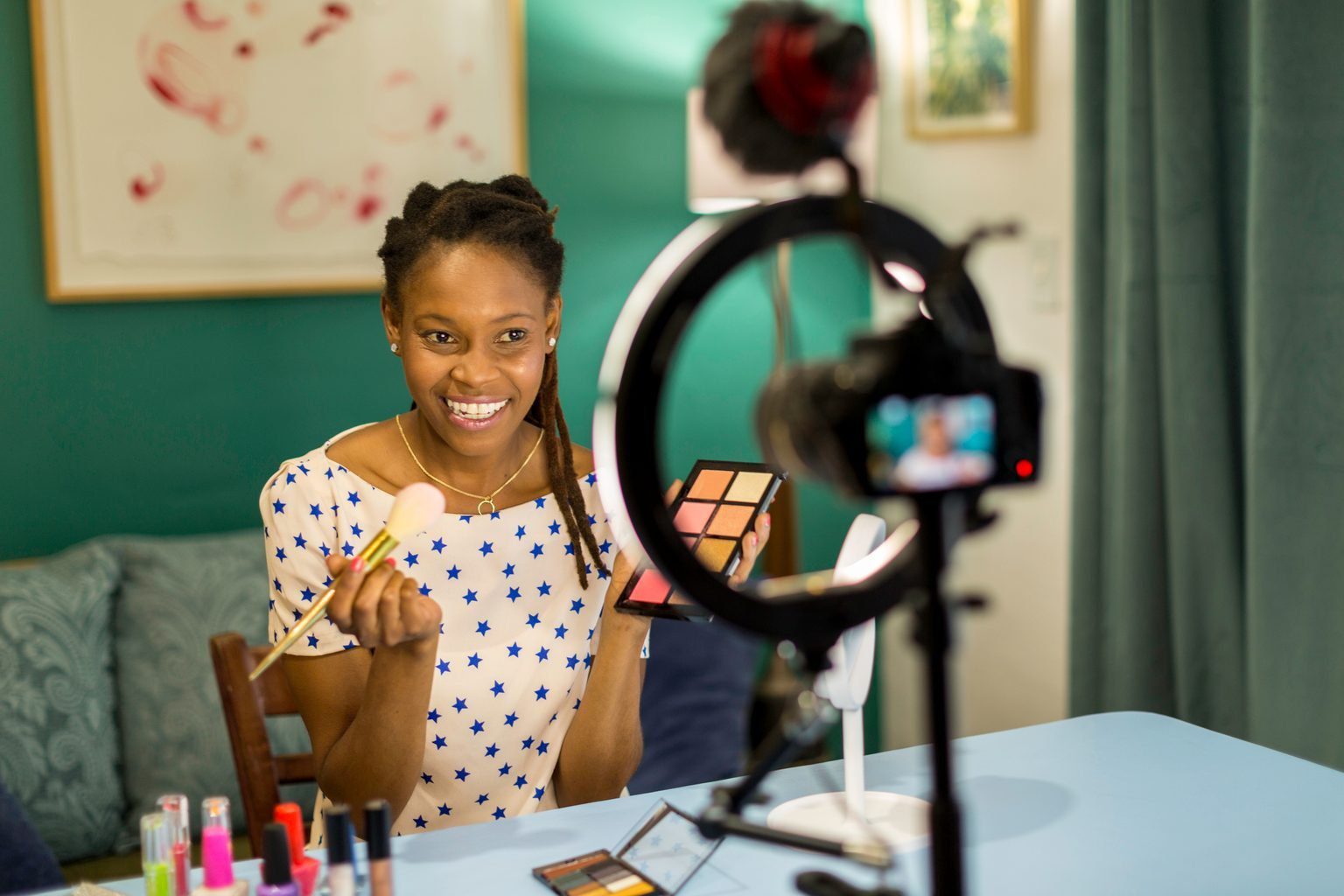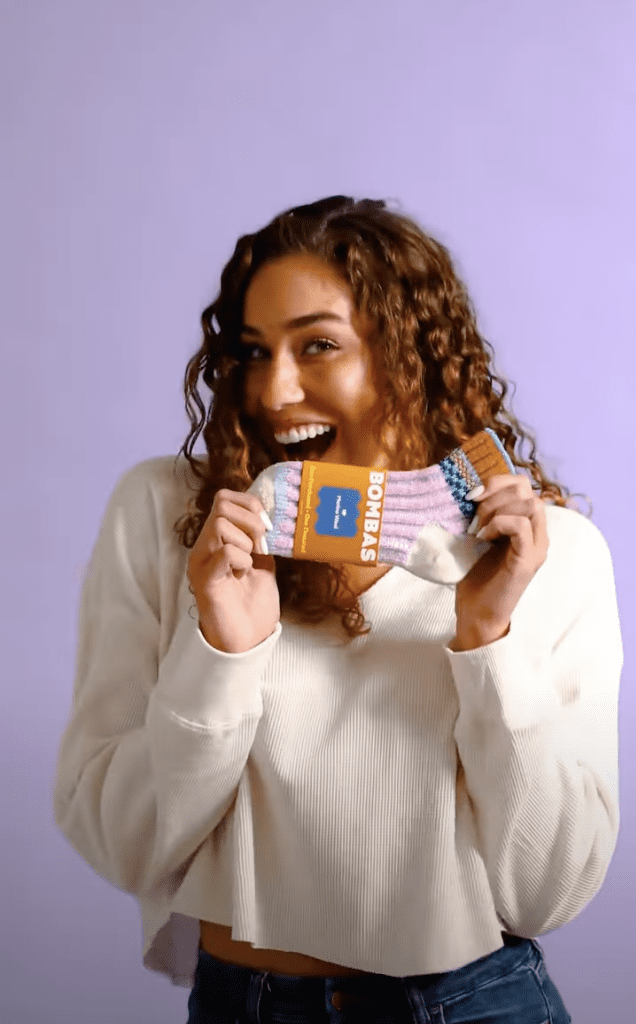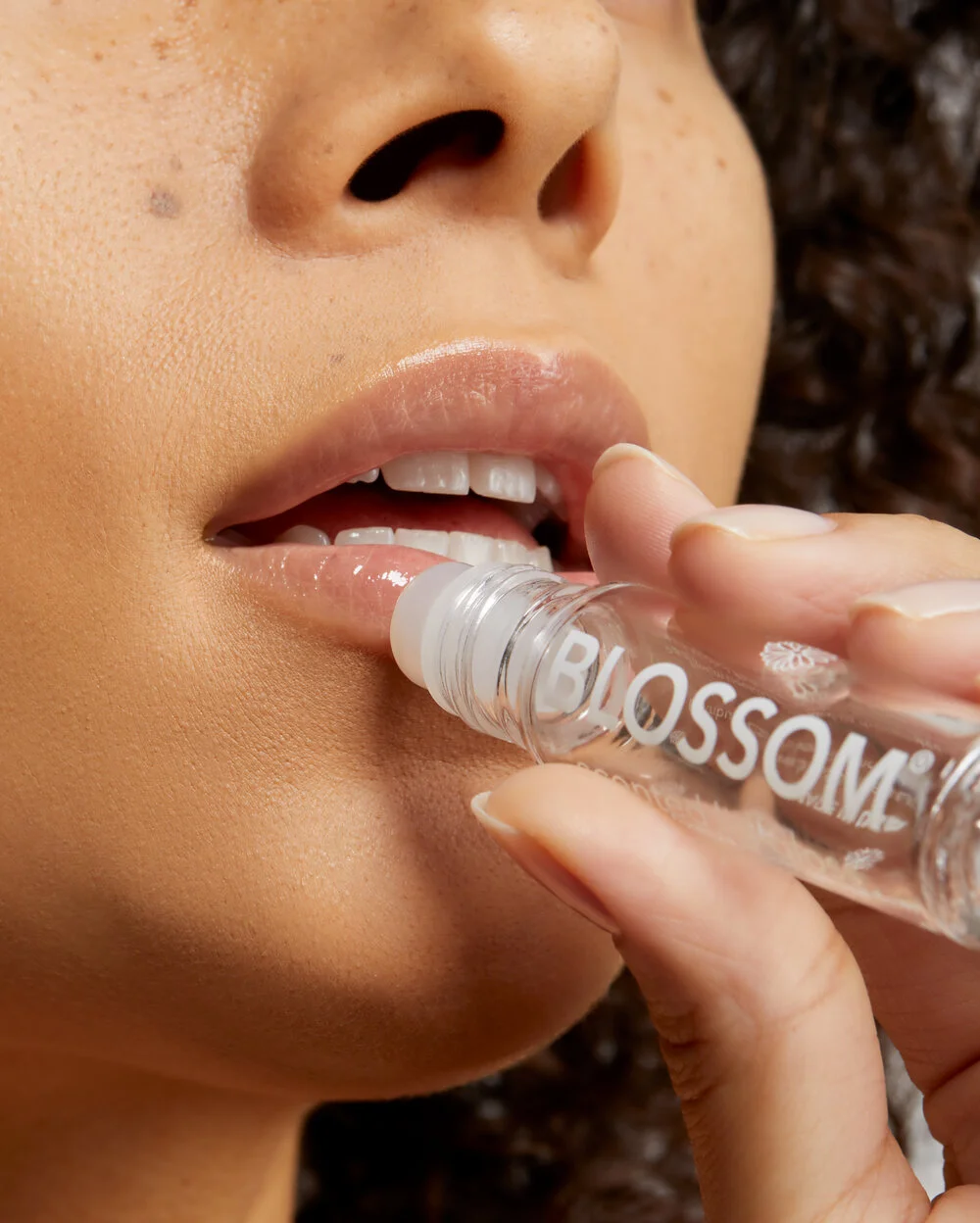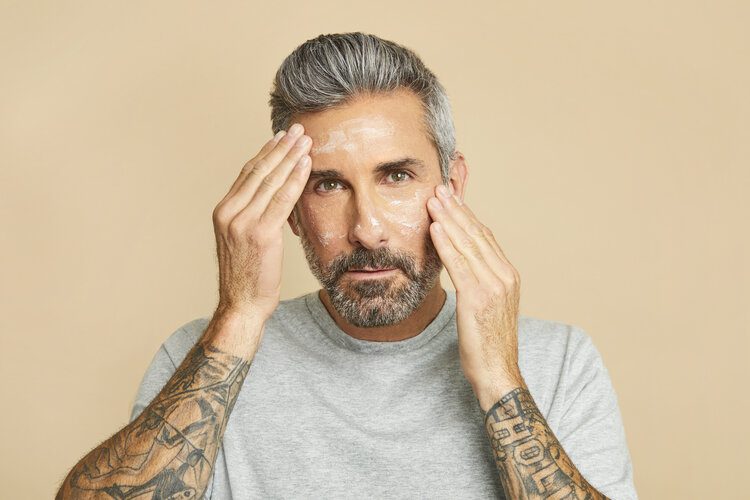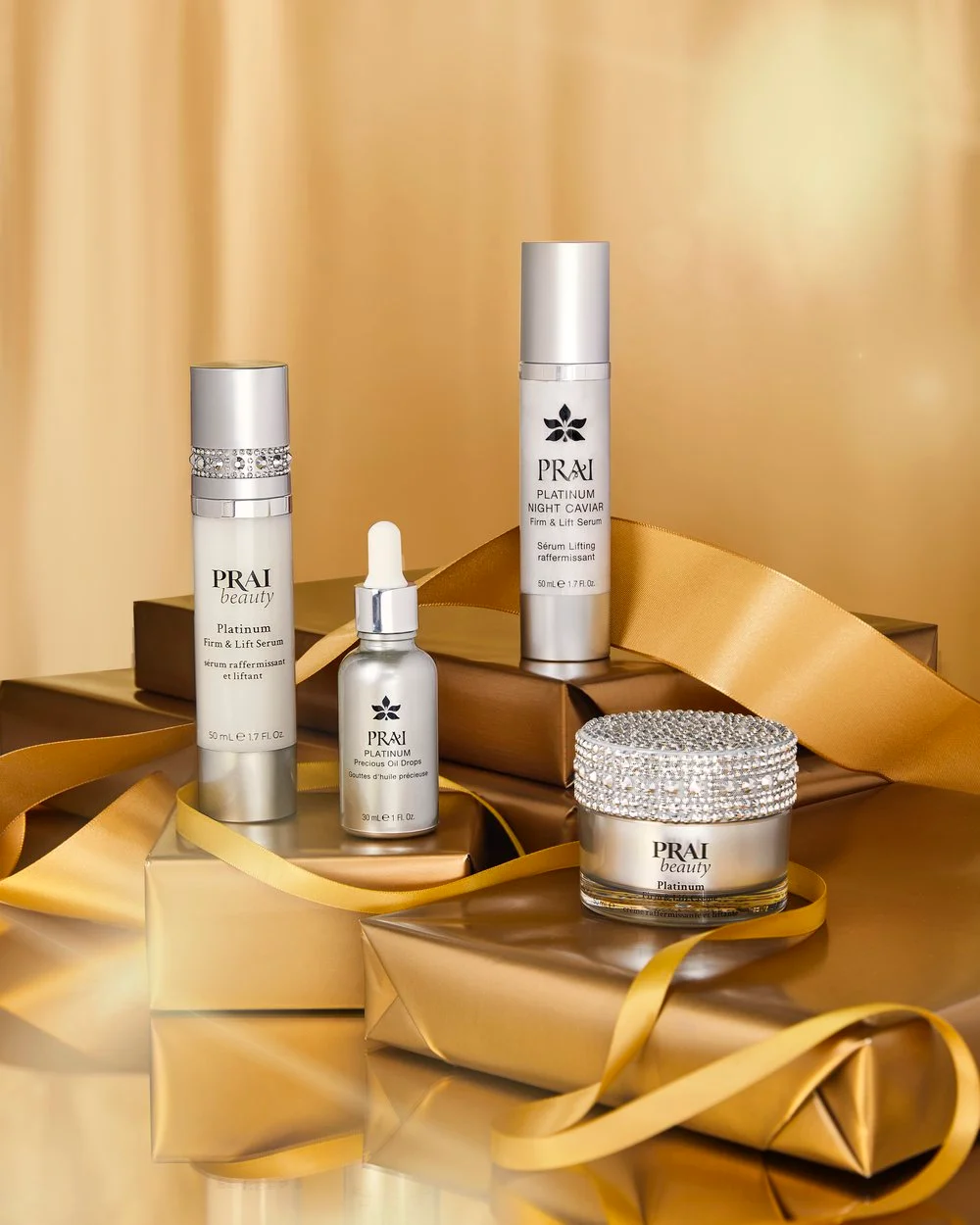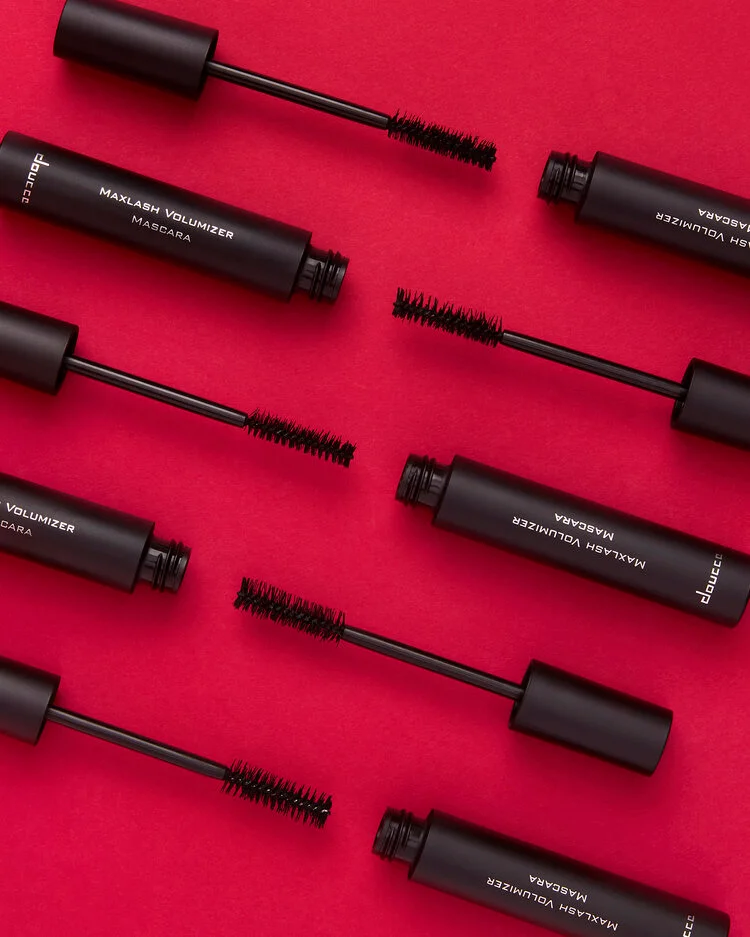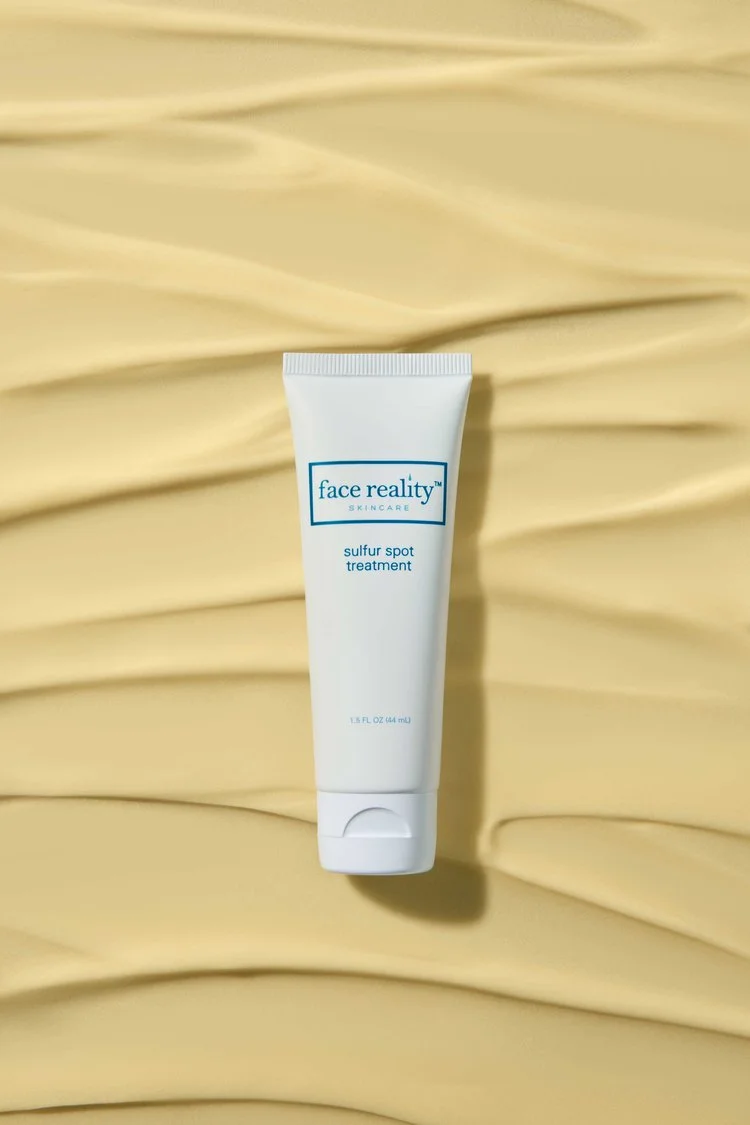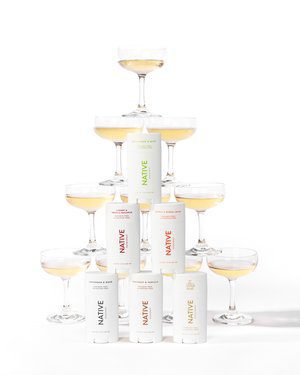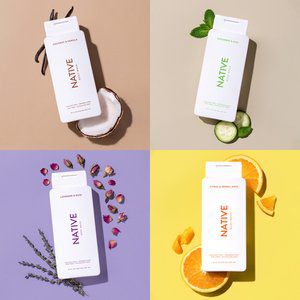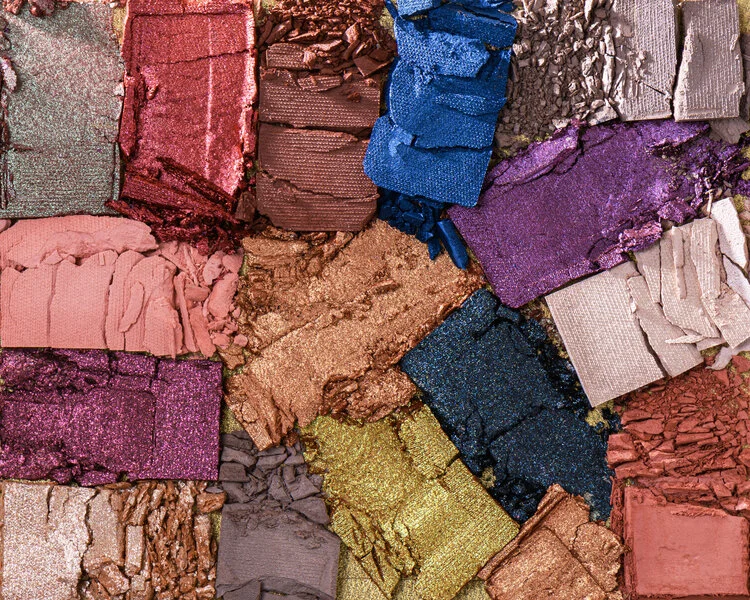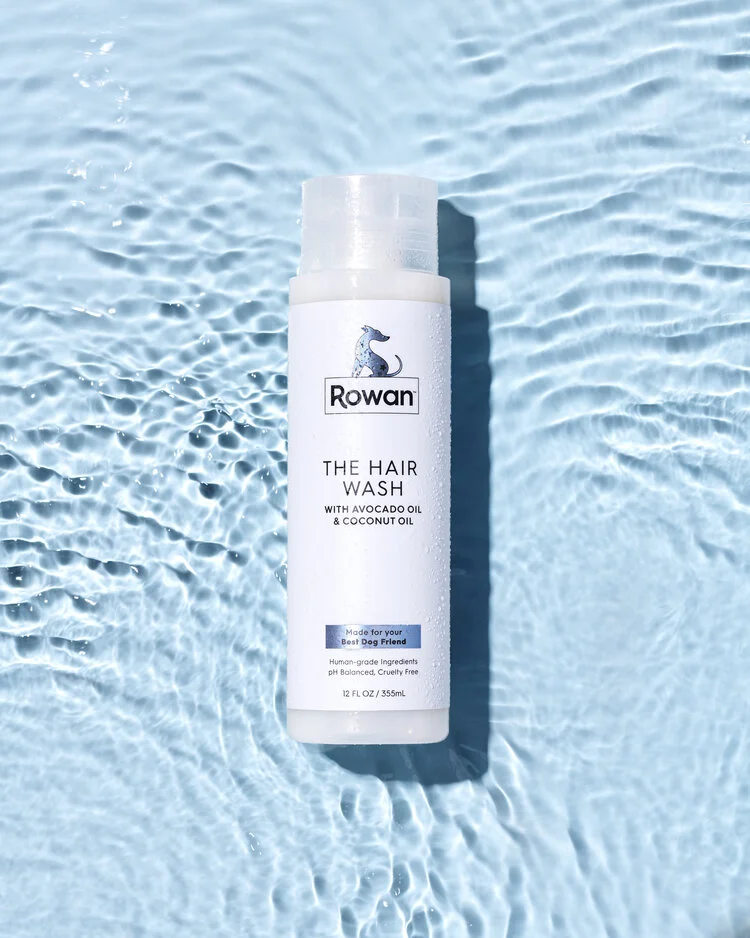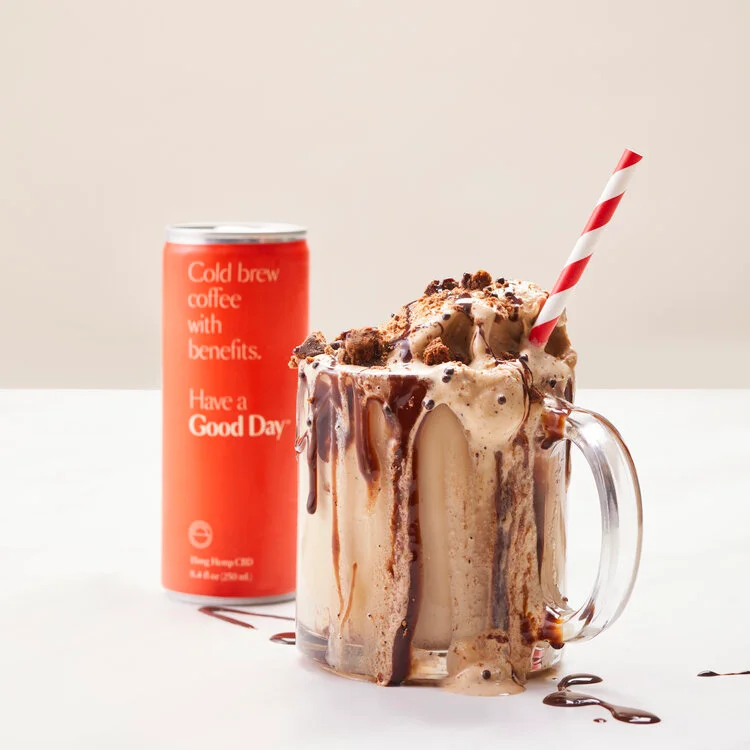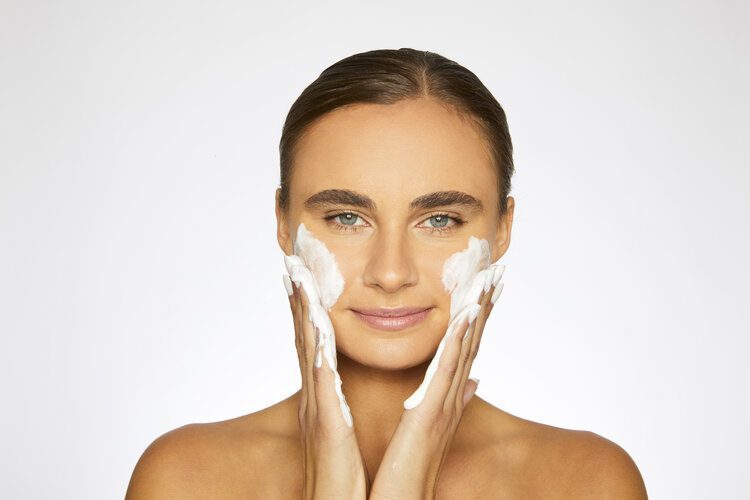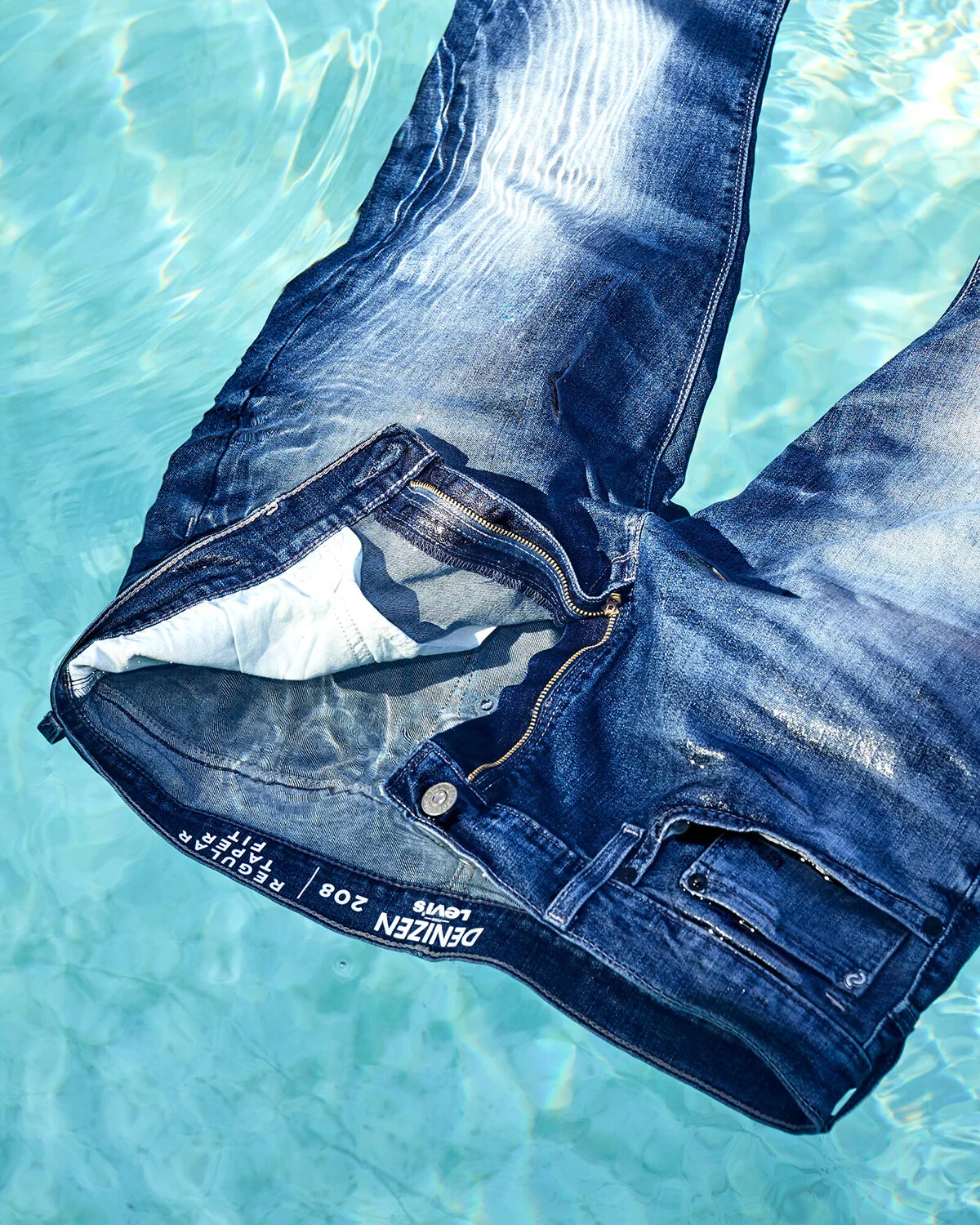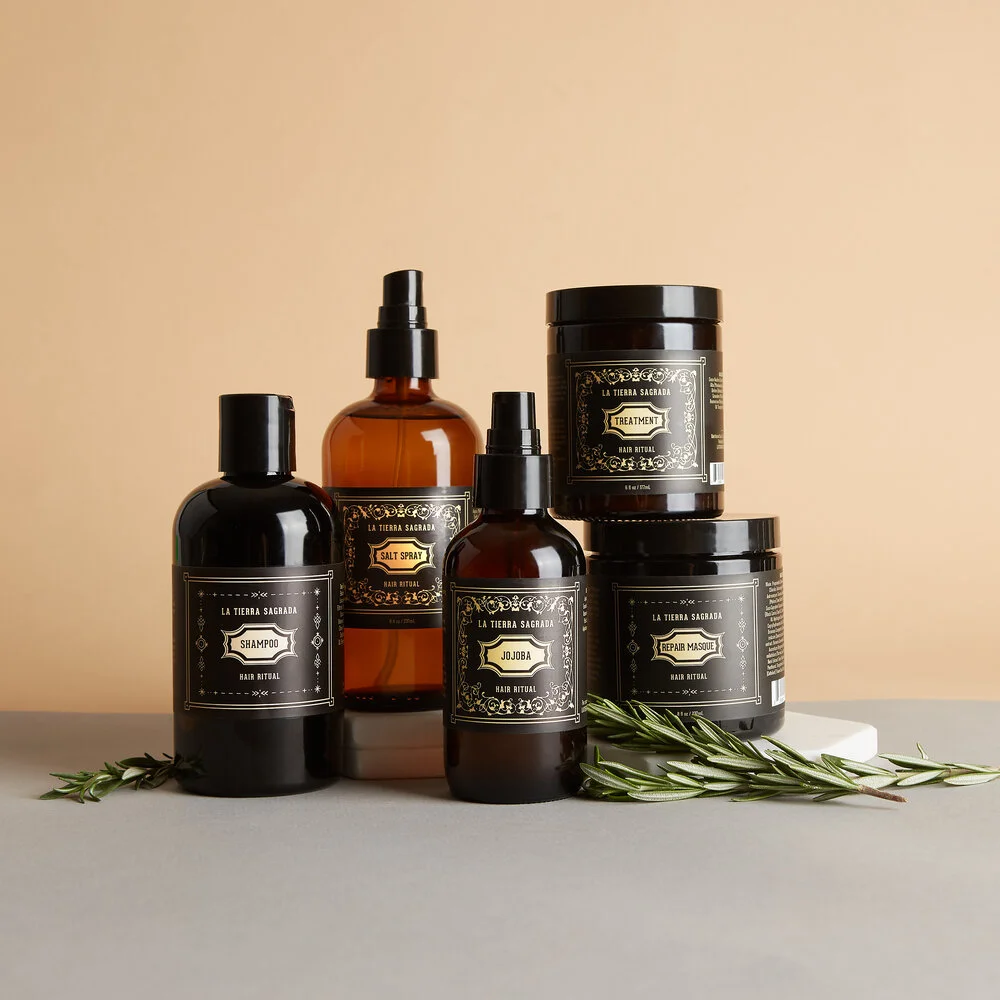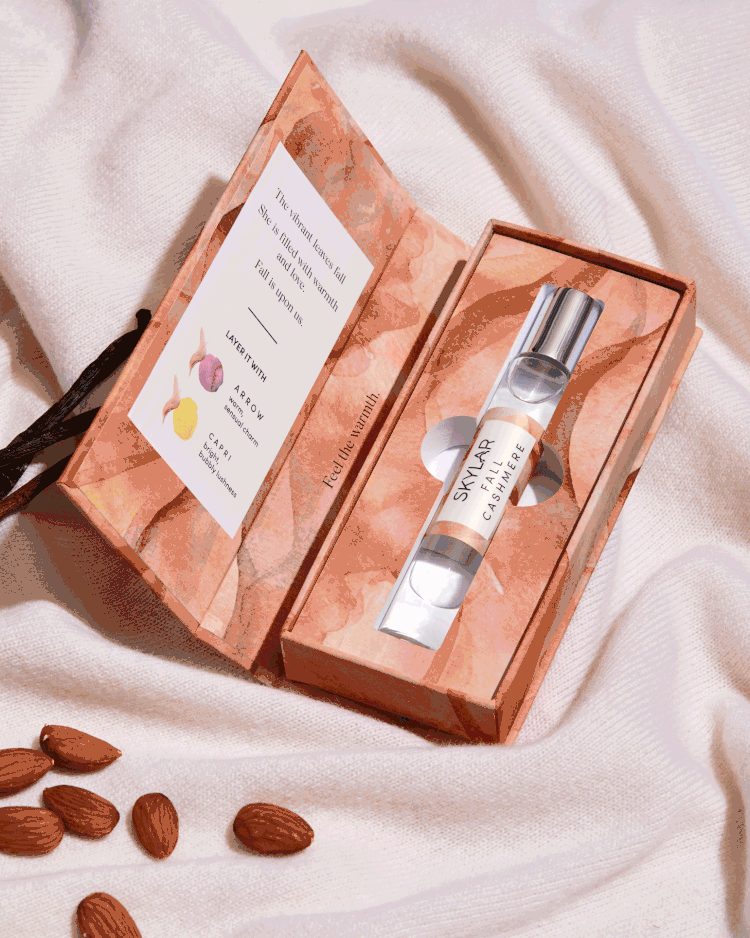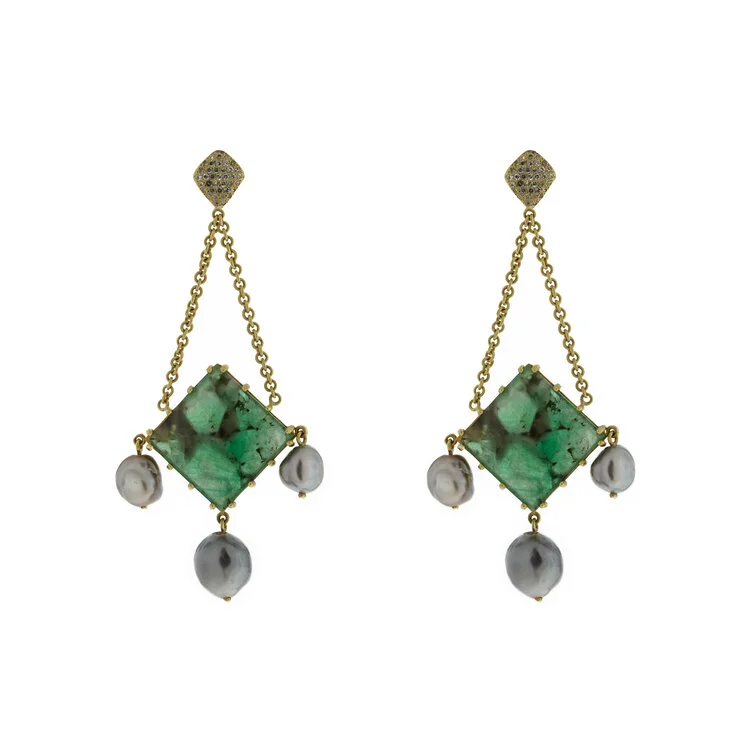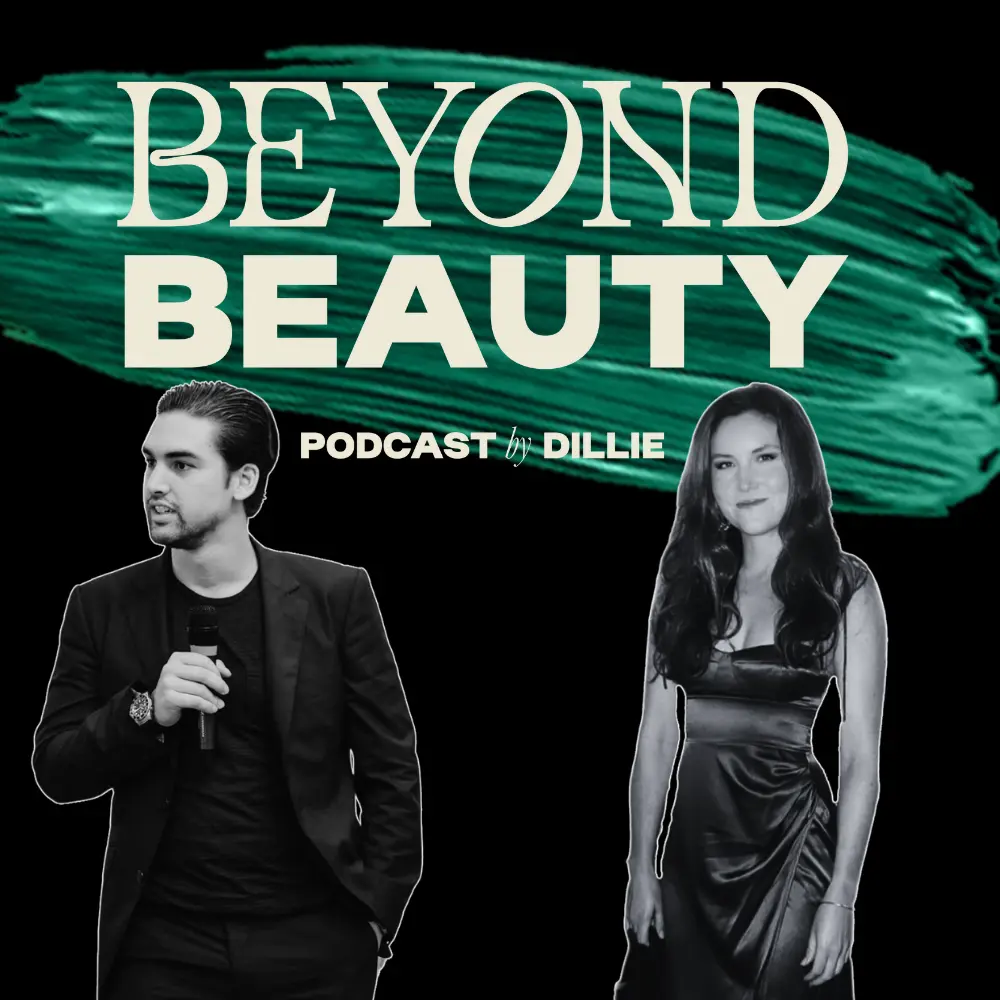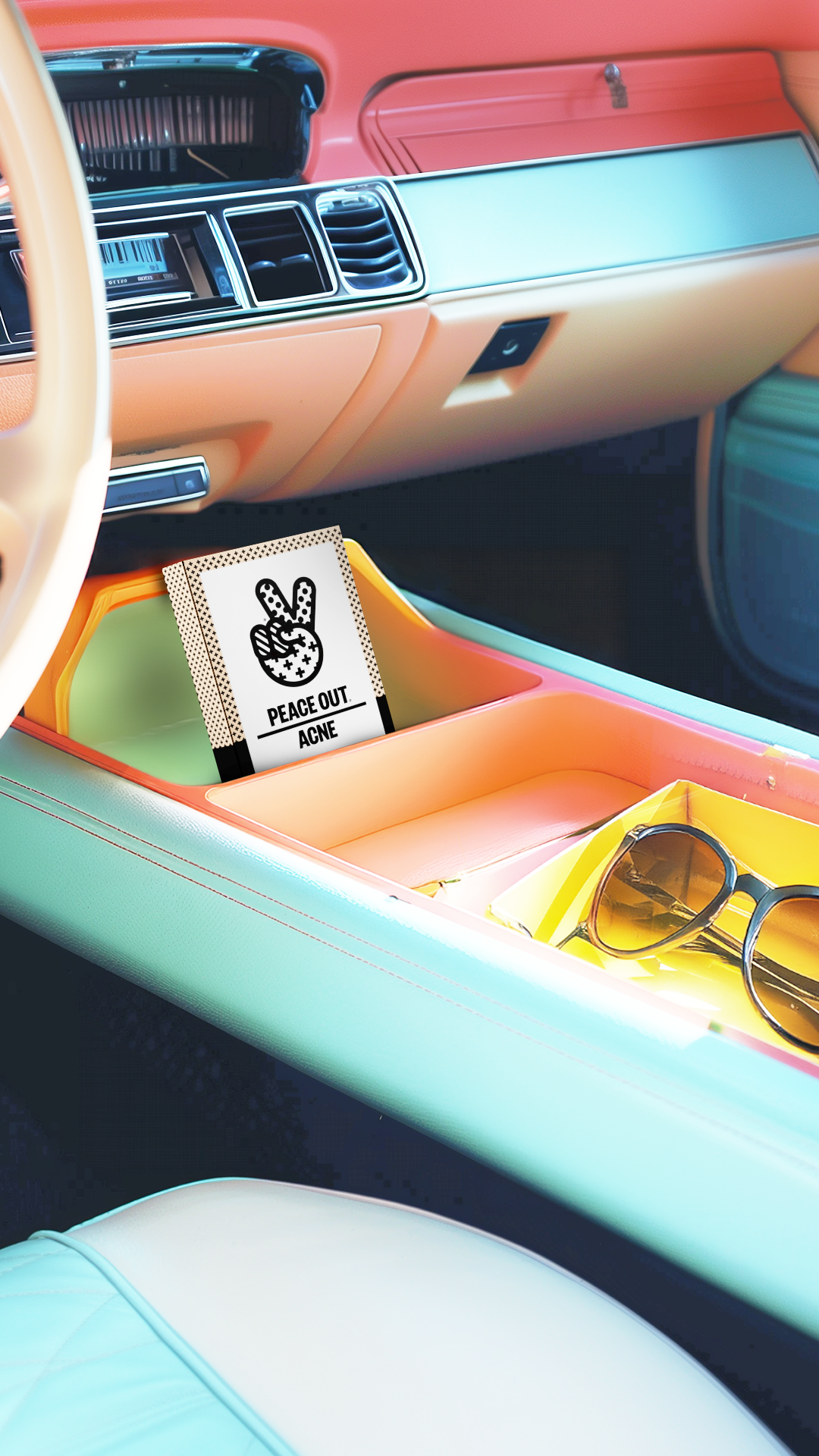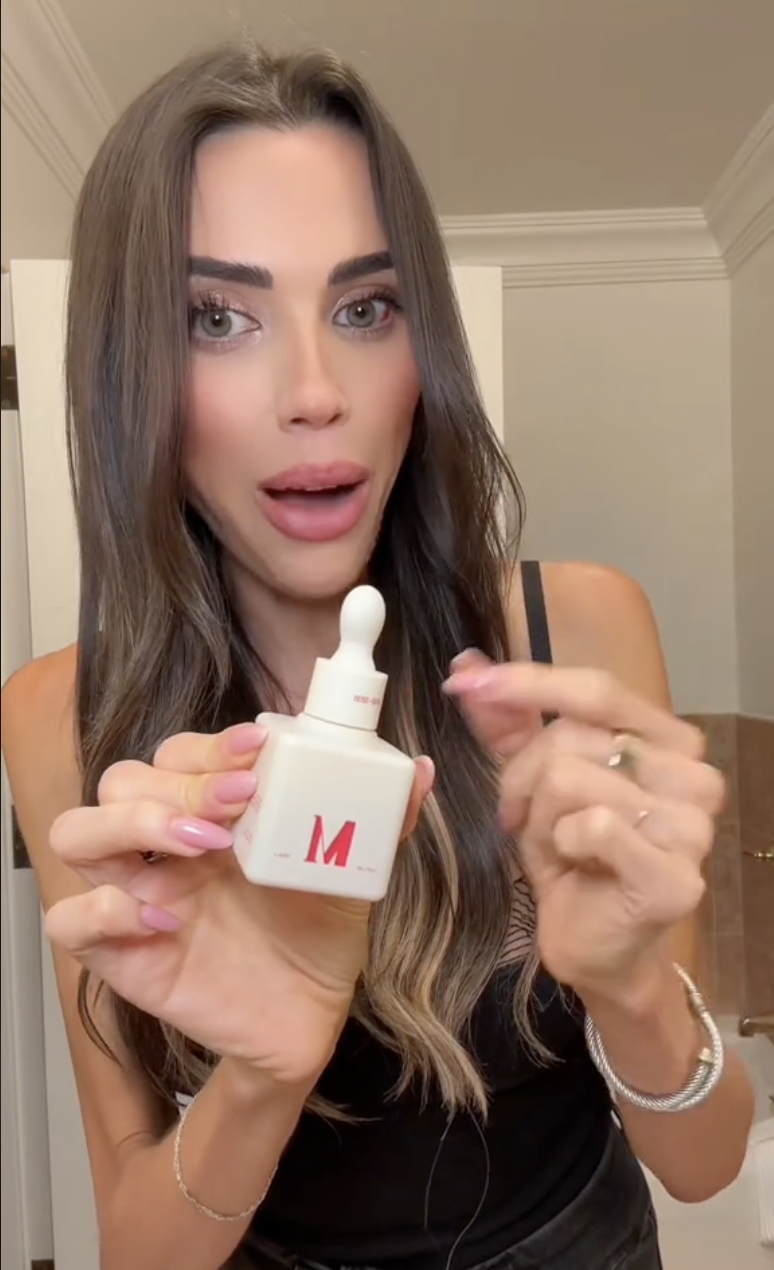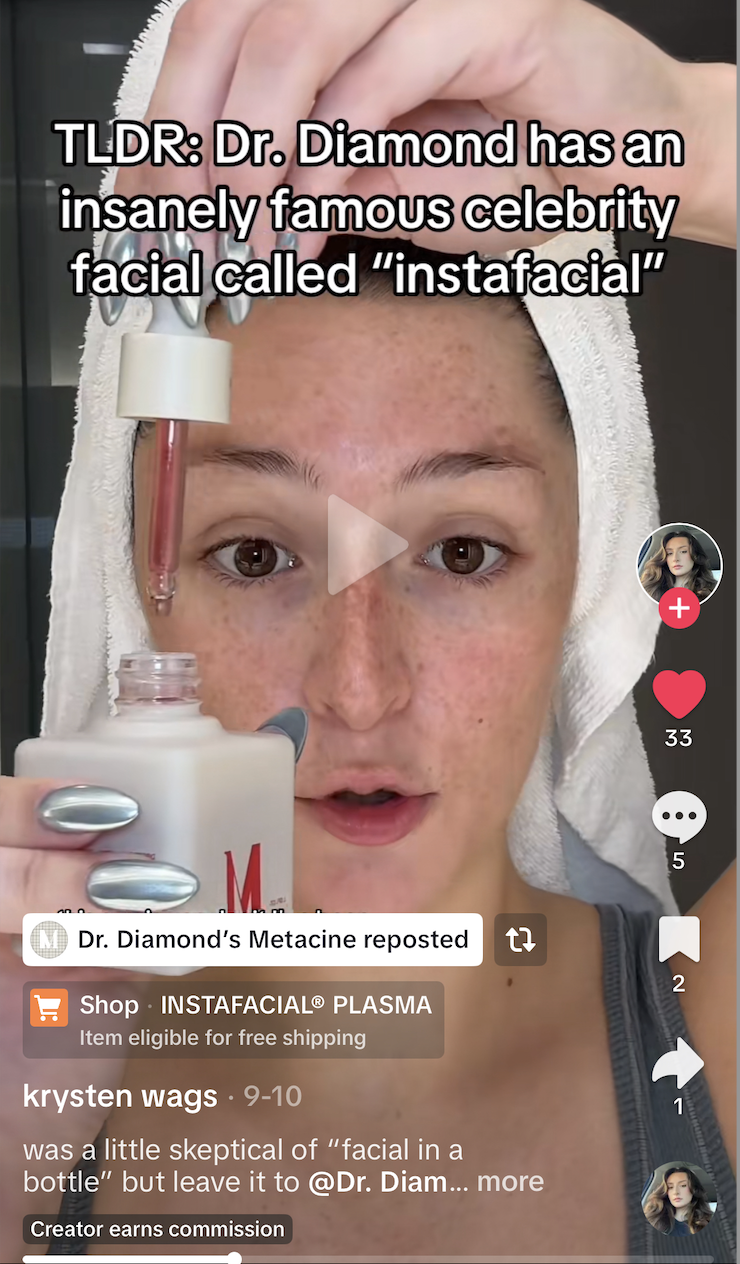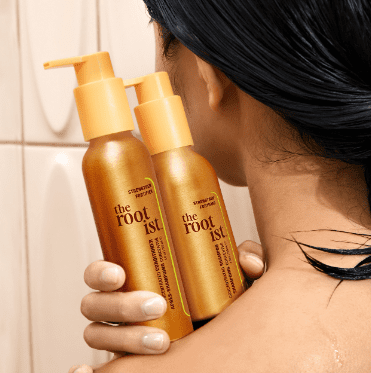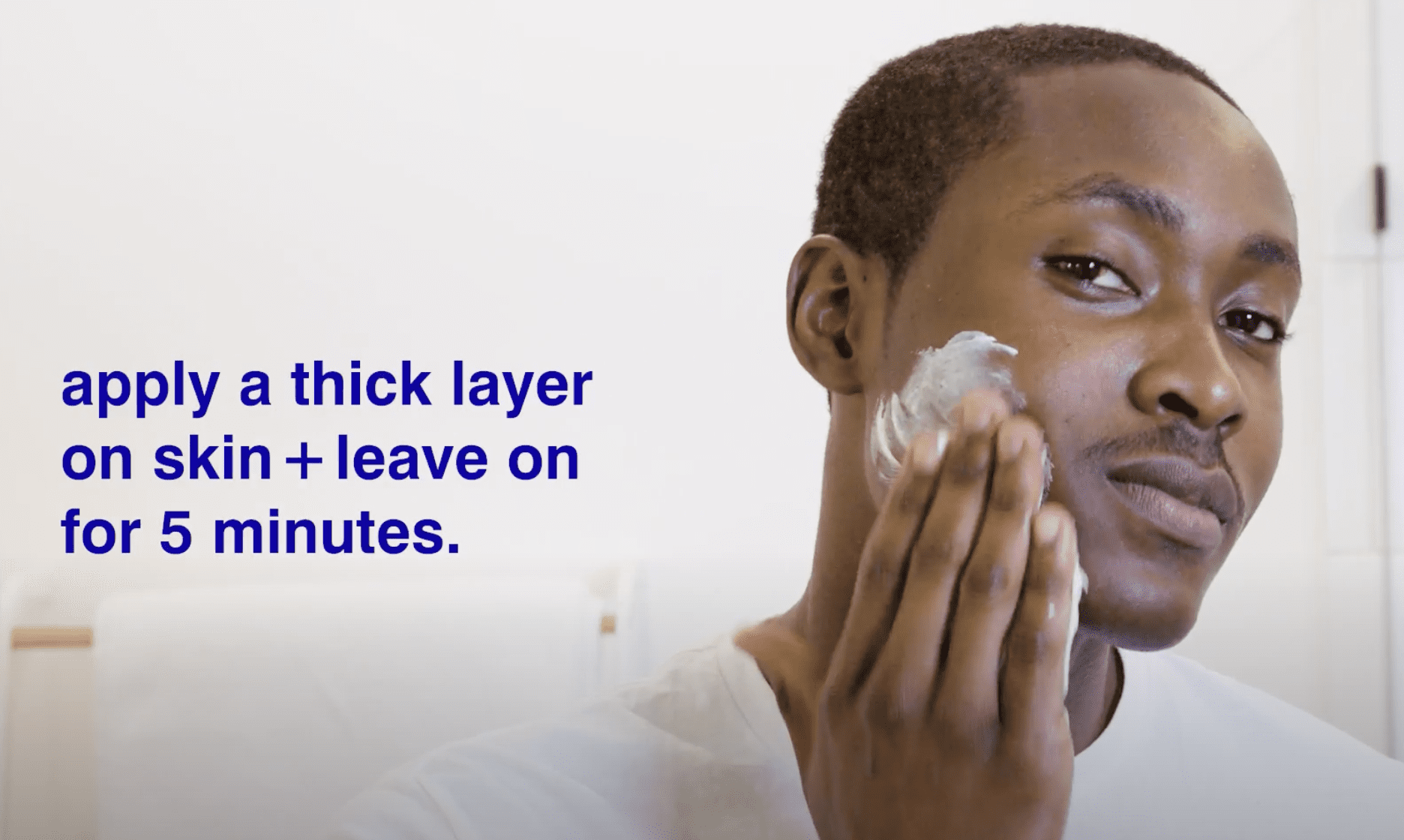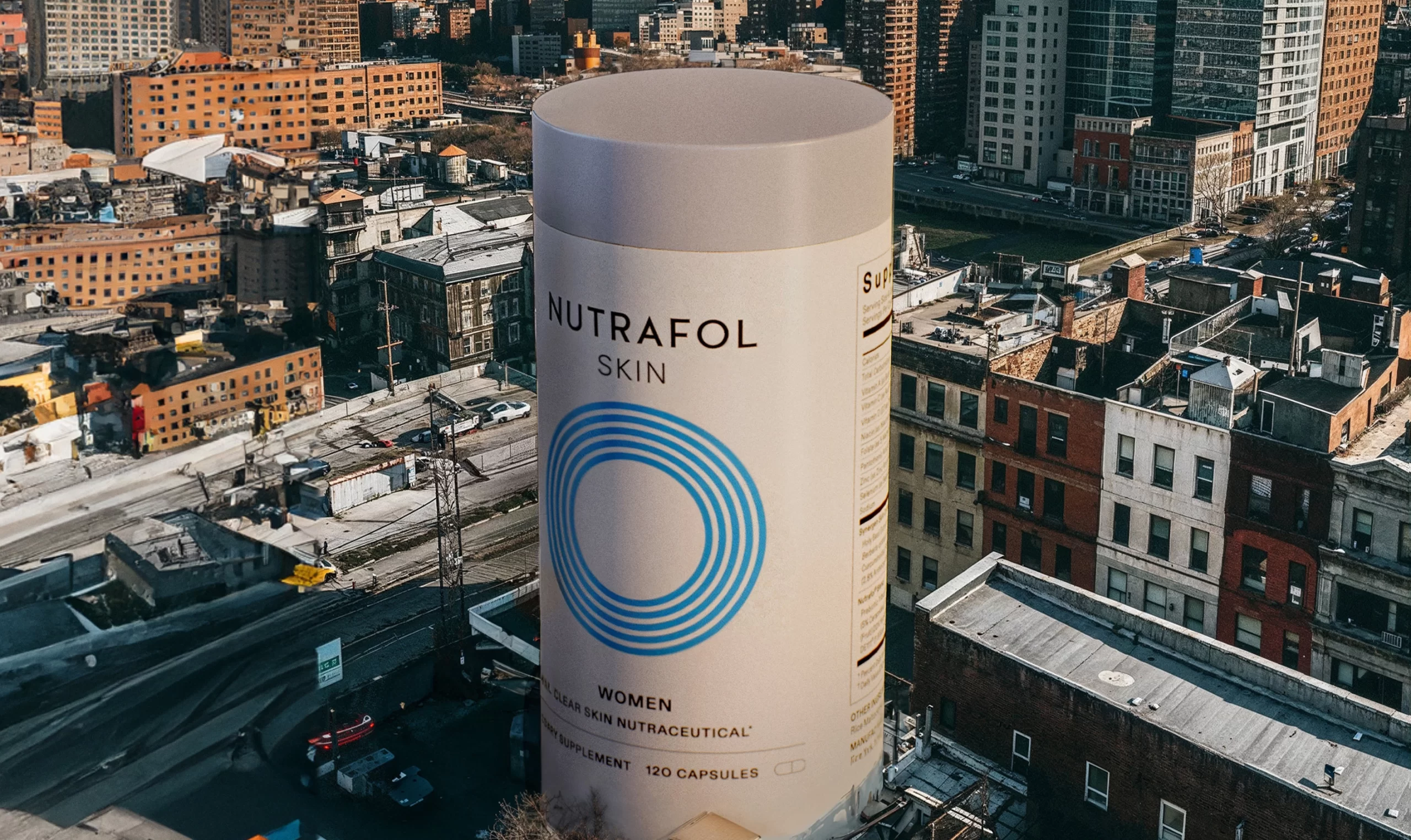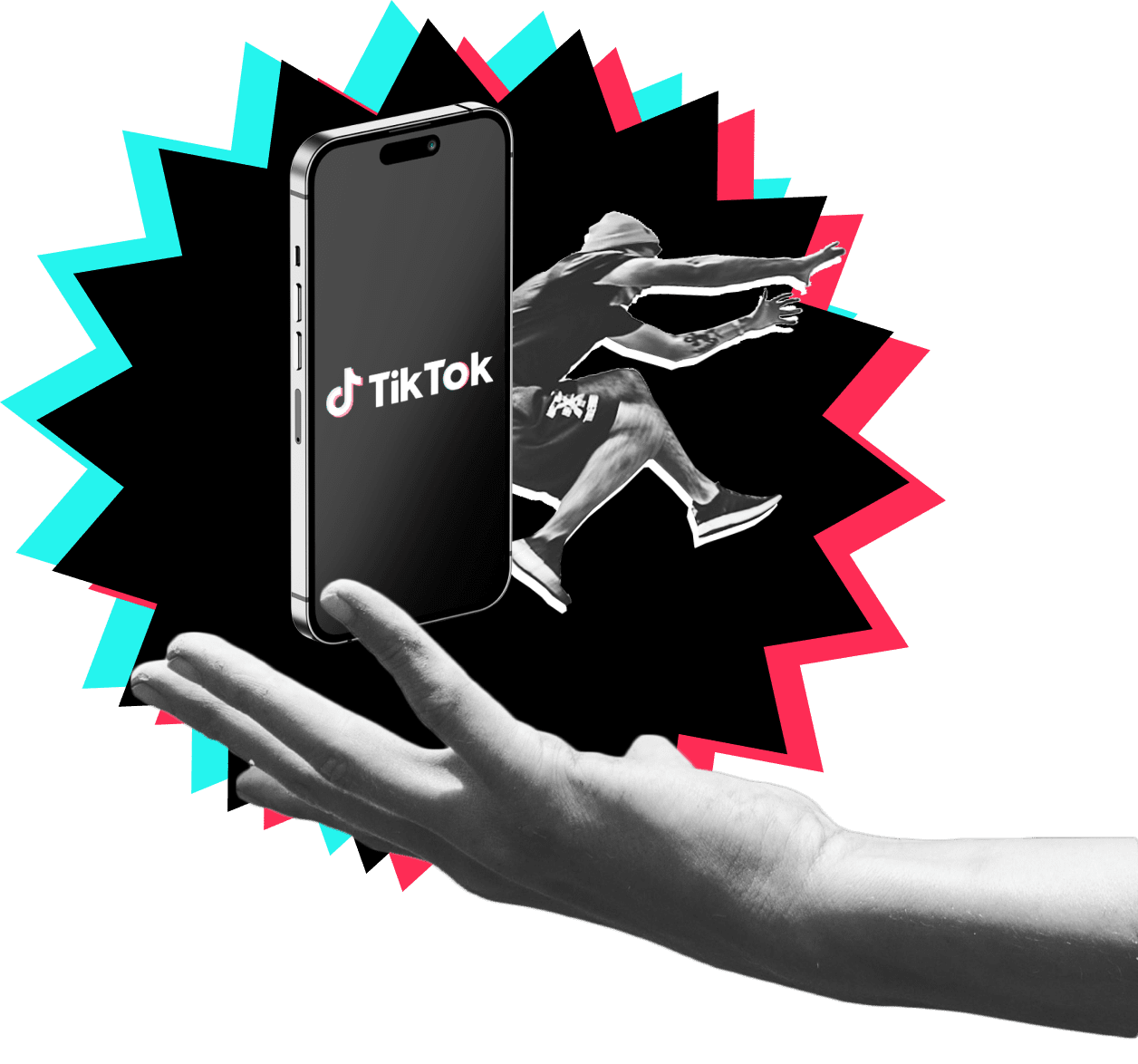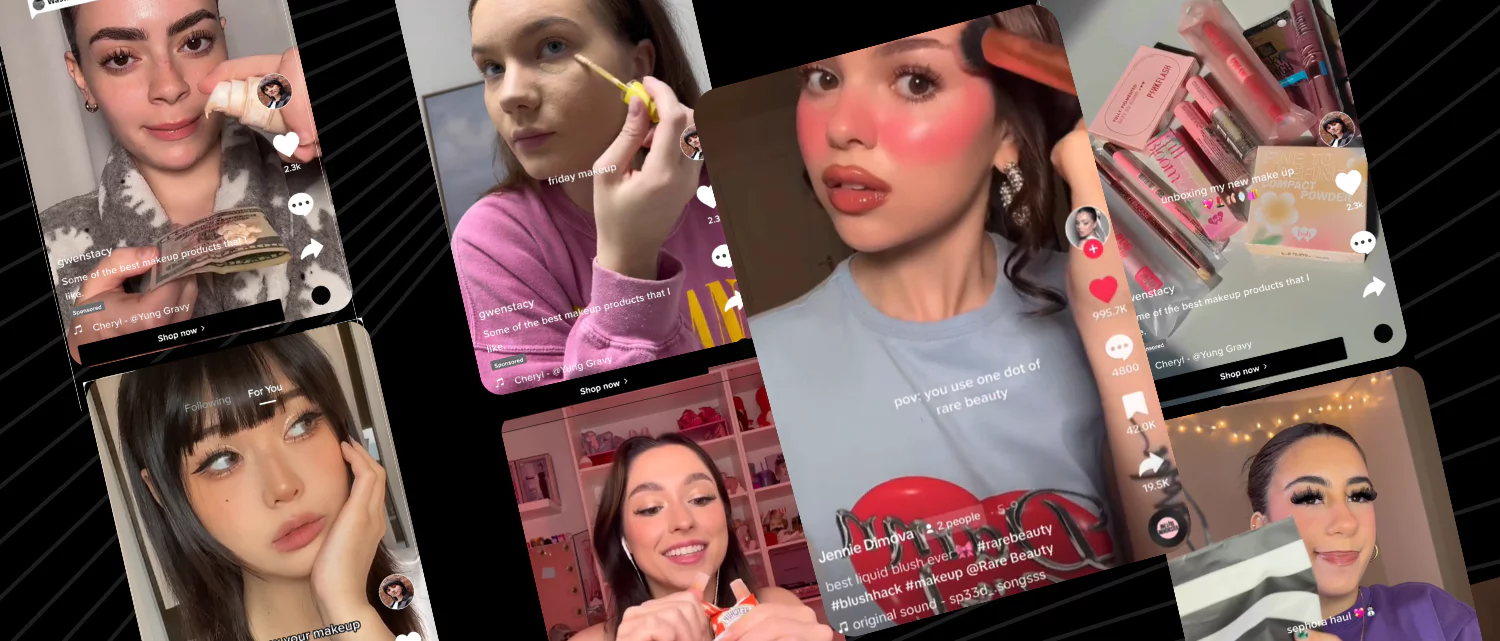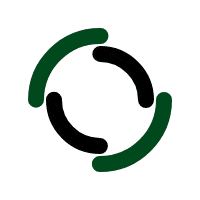In a recent episode of the Beyond Beauty Podcast, the host engages in a compelling conversation with Anna Mayo, the Vice President for Nielsen IQ’s beauty vertical. This episode offers a treasure trove of insights into the beauty industry, consumer behavior, and the evolving landscape of marketing strategies. Here, we break down the key themes and actionable advice shared by Anna Mayo, providing a comprehensive guide for beauty brands and professionals looking to thrive in this dynamic market.
Introduction to the Podcast and Guest
The Beyond Beauty Podcast is a platform dedicated to highlighting talent within the beauty industry and sparking innovative ideas for business growth. In this episode, the host introduces Anna Mayo, a thought leader in the beauty and personal care retailing space. With over a decade of experience at Nielsen IQ, Anna specializes in analyzing consumer data and trends to guide major beauty brands through market complexities.
Anna’s Career Journey
Anna’s career journey is a testament to the power of following one’s interests and embracing challenges. She began her career in marketing and market research, gaining experience in corporate branding, media buying, and traditional market research. Over her 12 years at Nielsen IQ, Anna has held various roles, all centered around understanding consumer behavior and retail trends. For the past four years, she has focused specifically on the beauty vertical, which she describes as her favorite role due to the dynamic nature of the industry.
Analyzing Trends in the Beauty Industry
The Importance of Data
Anna emphasizes the critical role of data in understanding consumer behavior, especially with the rise of social media platforms like TikTok. She explains how TikTok has become a significant driver of trends, with brands needing to adapt quickly to stay relevant. Nielsen IQ captures a wide range of data, including online shopping behaviors and ingredient searches, allowing brands to make informed decisions.
Consumer Behavior and Shopping Channels
Today’s consumers are not limited to specific shopping channels; they explore various price points and product types. This makes it essential for brands to understand their unique consumer segments. Anna notes that consumers are increasingly interested in ingredient transparency and are willing to explore different shopping channels to find products that meet their needs.
The Role of Social Media in Beauty Marketing
TikTok and Trend Adaptation
Platforms like TikTok have transformed how consumers discover and purchase beauty products. Younger consumers, as well as older demographics, are turning to social media for product recommendations and information. This shift has prompted brands to rethink their marketing strategies and embrace a more agile approach to product launches and promotions.
Micro-Communities and Personalization
Anna highlights the emergence of micro-communities within the beauty space, where consumers seek products tailored to their specific needs, such as skincare for different skin types or makeup for various occasions. This trend underscores the importance of personalization in marketing efforts.
Navigating Career Decisions and Growth
Continuous Learning and Embracing Challenges
Anna reflects on her career journey, emphasizing the importance of continuous learning and being open to new opportunities. She shares her experience with public speaking, acknowledging that it was once a source of anxiety for her. She encourages listeners to embrace their fears and recognize that confidence can be built over time through practice and perseverance.
The Future of the Beauty Industry
Key Trends
Anna identifies key trends shaping the future of the beauty industry, such as the merging of wellness and beauty and the increasing importance of social media in shaping consumer preferences. Brands must remain agile and innovative to thrive in a competitive landscape, where both indie brands and legacy companies are vying for consumer loyalty.
Successful Brands
Anna highlights successful brands like e.l.f. and Rare Beauty, which have effectively leveraged social media to engage consumers and drive sales. She emphasizes the need for brands to produce consistent and relevant content while being willing to experiment and learn from failures.
The Importance of Product Experience and Community Engagement
Retaining Customers
Anna emphasizes the challenges brands face in retaining customers in a market filled with constant novelty and excitement. While platforms like TikTok Shop, direct-to-consumer (DTC) channels, and Amazon provide opportunities for initial sales, the real challenge lies in encouraging repeat purchases. To build a successful brand, companies must focus on creating a compelling product experience that fosters customer loyalty.
Niche Marketing
Anna suggests that brands should concentrate on specific areas, such as scalp health or sun protection for melanated skin. By honing in on these targeted markets, brands can effectively engage with consumers who are passionate about these issues, leading to stronger community ties and brand loyalty.
The Rise of Clean Beauty
Ingredient Transparency
Clean beauty is not just a trend but a long-term shift in consumer preferences. Consumers today are increasingly interested in knowing not just what ingredients are in their products, but also the specific concentrations of those ingredients. Anna shares a personal anecdote about attending beauty events and receiving gift bags filled with products from legacy brands, highlighting how her expectations as a consumer have evolved.
Popular Ingredients
Certain ingredients, such as snail slime, hyaluronic acid, and vitamin C, are gaining popularity, reshaping the market as consumers seek out products that feature these sought-after components.
Sustainability in Beauty
Broader Concerns
Sustainability encompasses broader concerns, including packaging and supply chain practices. Brands are beginning to explore refillable, reusable, and biodegradable options. However, Anna acknowledges that convincing consumers to embrace these changes can be challenging, as many are reluctant to compromise on convenience or price.
The Role of AI in the Beauty Industry
Content Creation and Product Formulation
AI will play a crucial role in content creation, helping brands keep pace with the rapid churn of social media. Additionally, AI has potential in product formulation, enabling brands to create more effective products by combining ingredients in innovative ways.
Data Analysis
AI can streamline the process of extracting insights from consumer data, making it easier for brands to understand consumer preferences and trends.
Personal and Professional Growth
Morning Routine
Anna shares her personal goal of waking up earlier to establish a more peaceful morning routine, especially as a parent of two young children. She acknowledges the chaos that often ensues in the mornings and expresses a desire to carve out time for herself.
Prioritizing Commitments
On a professional level, Anna discusses her tendency to overextend herself due to her enthusiasm for new opportunities. She recognizes the importance of prioritizing her commitments and learning to say no when necessary, allowing others to step up and take on opportunities as well.
Conclusion and Call to Action
In closing, Anna invites listeners to connect with her on LinkedIn and to explore Nielsen IQ’s beauty insights through their website and monthly newsletter. She expresses her enthusiasm for engaging with others in the industry and sharing knowledge.
The episode wraps up with the host thanking Anna for her valuable insights and contributions to the podcast, leaving listeners with a deeper understanding of the beauty industry’s current landscape and the trends shaping its future.
Podcast Transcript
Speaker 1 00:00:01 Welcome to the Beyond Beauty podcast, a platform to highlight the beauty industry’s talent, deconstruct their learnings and spark ideas for your own business. The Beyond Beauty podcast is created by Dillie, the leading creative agency working with the fastest growing brands and beauty. Here, we’ll interview guests from major beauty corporations, creative directors, influencers, founders and risk taking entrepreneurs. Our guests are not only changing the traditional beauty landscape, they are also innovating in e-commerce, branding and digital marketing. Join us as they share valuable advice, how they launch their businesses and most importantly, ignite thought provoking conversations across beauty, tech and marketing. Hi everyone! We’re so excited to have Anna Mayo on the Beyond Beauty podcast today. So Anna, thanks so much for coming out to share your career story and advice.
Speaker 2 00:00:54 Thank you. Thanks for having me.
Speaker 1 00:00:57 As a Vice President for Nielsen IQ Beauty Vertical, also known as Nick. Anna Mayo is an innovative thought leader with the beauty and personal care retailing space. Nielsen IQ is beauty and personal care.
Speaker 1 00:01:08 Insights cover 90 global markets, providing the industry’s most total view into omnichannel consumption and in turn, empowering the next decade of beauty Throughout her 12 years at Nielsen IQ, Anna has worked with cross-functional teams to deliver proactive, industry shaping insights and guide some of the world’s largest CPG clients through behavioral shifts and consumption trends. In her current role, Anna partners with beauty and personal care clients to develop cutting edge solutions, leverage new technology to drive marketing and sales strategy, and identify unmet consumer needs. In addition, Anna is responsible for leading thought leadership for the beauty vertical, serving as an industry expert and appearing in broadcast and publications such as Women’s Wear Daily, CW, Forbes, and The New York Times, most recently. Anna has a master’s in business from the University of Connecticut and resides in Connecticut with her husband and two children. Amazing, Anna. How did you get started working at Nielsen? Working in the beauty industry. How did you kick off your career? Where did it all begin? Let’s take it back to the start.
Speaker 2 00:02:12 Yeah, so I spent my career mostly working in the area in in the marketing space, market research space. I spent a little bit of time at a media buying company. I worked in corporate branding for a little bit. I did the kind of more traditional market research with surveys and understanding advertising effectiveness. But I’d been with Nielsen IQ for 12 years now, and really have gotten to experience a variety of roles while I’m here, which has been really exciting. So I’ve had have four completely different jobs in the times that I’ve been at Nielsen IQ, but always working with consumer data, always trying to understand why consumers are shopping the way they are, what is changing in the world of retail and really what’s motivating purchases? For the past four years, I’ve been focused specifically in our beauty verticals, so working just with our beauty and personal care clients. And this has been don’t tell my other jobs, but probably my favorite role because it’s the most fun industry, I think, in my opinion. But what I do is I’m looking at industry trends.
Speaker 2 00:03:15 I’m using all of the data assets that we have across Nielsen IQ and in trying to understand what’s happening and helping our our clients understand the big trends and how to action on them. Right? There’s so many things happening at every one time and you can’t act on them all. So what’s important for this brand might not be as important for this brand. So it’s a lot of fun. It’s it’s always changing and very fast moving, which is exciting for me every day. And it’s always a new challenge every day.
Speaker 1 00:03:41 It definitely the beauty is such a dynamic industry and it’s constantly changing. And I think even within I would say from 2020 to now, there’s been a major shift. And even from 2010 to 2015, that was another major shift with the start of Instagram. So how do you analyze trends, like how do you see what’s coming and how do you also relate to these brands of what works for one versus the other? Just because when I think of the beauty industry right now, I think of there’s trends changing, almost like every day at some points, and especially if you’re an avid TikTok viewer, something could be trending one week and the next minute it’s out and we’re already on to the next.
Speaker 1 00:04:16 It’s a Wild West, I would say more so than ever. So how do you guide brands through these ever changing trends and things that they should grasp or leave behind?
Speaker 2 00:04:27 Yeah, yeah. No, you’re absolutely right. It’s I’ll be looking at something that I wasn’t even on my radar six months ago. TikTok is a great example, right? TikTok shop has been like the topic that people most have been wanting to talk to me this year, and that only launched in August, which changes quickly, keeps us on our toes. So the real benefit of working for a company like Nielsen IQ is we have so much data at our fingertips, right? So we’ve been traditionally known as measuring what’s going on in mass. So the big retailers like Walmart and Target, but we’ve expanded what we cover substantially. So we’re looking we’re capturing online data like Amazon, DTC brands and then also beauty specialty. So places like Sephora, Ulta. So we have this. We’re capturing this whole big pie of beauty and personal care across the US.
Speaker 2 00:05:10 So over $100 billion in total, which is really exciting because we know that the consumer today has really changed. And they’re they’re not siloed anymore. Right. So you don’t have this consumer that I only go to department stores and buy beauty, or I only go to target and buy beauty there. They’re shopping across channels. They are shopping across price points. Right. It’s really about the best product. And that could be a $12 product. It could be a $50 product rating. And consumers are willing to to interchange it just like they do with with clothes and with fashion. So having access to this wide breadth of data is so powerful. We also have we look at what’s happening in online brands direct to consumer. We even get search data. So what consumers are actually typing in at the search bar on websites, and then even down to code like ingredients that are on packs. So we can tell you all the products that have algae in them, for example. So that makes it really exciting and that we can get a question, and we really have all of these sources to to pull on to try and provide the most holistic answer for our clients.
Speaker 1 00:06:10 so how did you get started working at Nielsen? What we were doing before. Let’s expand upon that. You were working in brand marketing. Was it more advertising, brand management? Like how did you kick off your career and build up your expertise to get to this point?
Speaker 2 00:06:23 Yeah, I think somewhere during down the road in college, I realized that I wanted to work in marketing. I didn’t major in business undergrad, so I just started to find jobs in this space. I worked in corporate branding for a little bit, so I didn’t logos and product naming, which is actually really fun and interesting. I worked in media buying for a little bit, which I decided wasn’t for me, but that definitely industry has the best parties for sure. And and then I worked in more survey research. So I worked for a company called Millward Brown where we’re analyzing ads, and we also did brand health tracking over time. So all all in the same marketing space. And then I actually had a friend working at Nielsen IQ, so she recruited me over I to be honest, I thought it would be a temporary stop because I was getting my MBA at the same time, and I thought I would go into marketing.
Speaker 2 00:07:11 That was really my goal to be a brand manager, but I just found that I loved working with the data so much, and I was working with many brand managers, but I really liked the ability to work across a lot of different brands and think more strategically. And the role has kept evolving for me and it’s kept me, kept me interested and I’ve stayed. So I think one of the benefits of working for a really big company is that you can reinvent yourself while staying at the same company, and so building upon the same skills that you’ve already you’ve been developing. You don’t need to start all over, but you can build and grow. I’ve found in a faster way. And then it really helps having a network and a connections as well.
Speaker 1 00:07:49 So as you’re growing and expanding and navigating your career, there’s many choices and decisions that come your way. And one of them could be, do I go to MBA school, do I not? Yeah. What advice have you received and what advice do you want to share that has helped guide you throughout your career? Understanding which job is the right fit for you, when to stay in a job, when to leave a job, or even just on a macro level, to guide you along those daily and sometimes very important decisions?
Speaker 2 00:08:16 Yeah.
Speaker 2 00:08:17 Yeah. So for me personally, I am when I’m ready to move on, I always get and get this itch like I know I’m ready to go. I am a person who needs to be constantly challenged. I need to be learning new things. Once I stop learning in a job, that’s time for me to go. That’s what keeps me. That’s what keeps me motivated. So I’ve always felt it. I know that’s not not a great answer, but I think you do have to go with your gut. And you really, you know, you always want to be learning and being challenged in a career, right? Like you don’t when you get stagnant, you get bored, your energy suffers. You stop producing the best work. So I think when once you feel those things happening, you either need to take on more in your current role or if it’s not an option, you need to shift and find something new. I think I’ve never had a straight line, path or goal of where I wanted to go.
Speaker 2 00:09:10 I’ve just followed what I was interested in the moment. That might not work for everyone, but for me it’s helped and role that I’m in now. I even five years ago, I never would have envisioned that this is what I’m doing, but I just keep moving forward and and growing and it’s evolved from there. I don’t know if that’s super helpful, but.
Speaker 1 00:09:27 Yes, if you had a conversation with your younger self, whether it’s your 15 younger self or 18, maybe you’re graduating from school at this point and you’re in your early 20s. Would she be shocked what you’re doing now or what? Or and at the same time, what advice would you give to her to say, this is how I’m going to help guide you to find what you do, to love what you do.
Speaker 2 00:09:48 Completely shocked. So I my role I do a lot of public speaking. I present to clients out there at events industry things all the time. When I was growing up, I was just I hated speaking in public, I was shy, I would do anything possible to not speak in front of class to to not do anything.
Speaker 2 00:10:05 So it’s unfathomable if I, if I think back that I, I’d be doing this. But I think when I started out in my career and you’re an entry level your analyst and you see you’re doing all this work, and then you pass it up and someone else is presenting it and showing it to the client or speaking through it at an event. And I think at a certain point I started to realize, I know that information better than they do. I know I’m the one who put it together like I know the story. And I guess I just realized at a certain point that I had to own my my voice, and I had to be the one to share what I was doing and not give it to someone else. I think it’s really, actually a great hack for career to you to grow in your career and to be offered more opportunities and to get more chances. You need to be able to speak in public, right? You need to be able to communicate. It’s it’s non-negotiable. As someone who wants to be a leader nowadays and as too with social media and podcasts, this is how you build your brand and you get your name out there.
Speaker 2 00:11:01 So I think it’s so important for people to be aware of that. I think as I’ve been doing more speaking events, I often will if I’m at a panel with somebody or I’m interviewing someone, or if someone’s just speaking after me, I tend to ask them how they feel or are they nervous? And you’d be shocked how many people are petrified before getting on stage. Oh yeah, they do it anyway. And I think there’s this perception that someone speaking on stage just they’ve got it all together, they’re cool and collected and it’s really not the case. So everyone’s faking it and everyone is just getting out there and being scared and pushing through it. And I wish that something that more people knew, especially young people, because I think it would just help them get over, get over their fears.
Speaker 1 00:11:45 Definitely something we talked about on this podcast too, is imposter syndrome. And like you were saying earlier, it’s like you can have all the research, you have all the qualifications, you have the expertise.
Speaker 1 00:11:54 And sometimes that inner voice comes to us and says, are we qualified to do this? Do we know what we’re talking about? And you do, of course you do. But it’s a way of breaking through that noise and just saying, I’m confident and I am capable and making it happen. And and then on the flip side, too, it’s even if we confronted a challenge early on, maybe our 20 year old self was deathly afraid of public speaking and couldn’t stand up in a room. It doesn’t mean you will never be able to do that. It’s just maybe a hurdle. You get push through and make it happen, and there’s so many resources now that we can learn from and like, how do actors go on a theater stage and give a monologue? And how do public speakers do this 4 or 5 times a week to huge crowds? And there’s a lot of of advice and, you know, guidance that we can learn from and continue to grow. And just because you can’t do it one day doesn’t mean we can’t do it in the future.
Speaker 1 00:12:45 Yeah.
Speaker 2 00:12:45 And I will say it’s a lot of work, right? For me, it was when I’d have early presentations, I would write out the entire thing, and I would go in my car during lunch, and I would practice the whole thing over and over again. And then it gets easier over time. But you do need to put in the effort to develop these skills. Yes. Yeah. No, absolutely.
Speaker 1 00:13:04 It’s a commitment to keep on refining the skills and it will happen. So let’s step back and talk about the beauty industry. Let’s talk about the biggest changes that have been going on in the beauty industry. If I step back and I look at it and I say, okay, we have Instagram, it came on to the scene. It went from a way for us to share photos to an incredible marketing platform. And then we’ve had the start of creators. Now we have TikTok, we have these micro niche communities where it’s no longer watching a YouTube video for an hour to see how someone does their makeup, and then you look at the products and you purchase them.
Speaker 1 00:13:37 Now it’s postpartum makeup, it’s eczema makeup, it’s makeup for your first job, it’s makeup for, I don’t know, like different hair colors, different skin colors, different eye colors, different eye shapes. There’s so many different like micro communities, I guess, that they would call them and which is amazing because then you can actually see someone that you relate to and then learn from them and do your makeup or learn about personal care. So what changes have you seen in the beauty industry in the past ten, 12 years or so? And then what do you think is going to be the biggest impact to follow in the next few years within BPC?
Speaker 2 00:14:13 Yeah, I think you’re right. If you look at the biggest overarching impact, it’s definitely the influx of social media, TikTok now being really the driver of trends. And you’ll see something spike or go viral on TikTok, will then see it reflected in the sales data pretty shortly after. But that’s where definitely young consumers, but increasingly consumers of all ages are really getting their information.
Speaker 2 00:14:34 They’re going to research. I think many brands have adjusted, but I don’t think all of them have totally realized that the power of this platform and now with, you know, TikTok opening TikTok shop, which has been an incredible runaway success, it’s been growing so quickly, faster than any platform that we’ve ever seen grow in, in history. I think that’s probably the biggest overall trend. But like beneath that, there’s lots of things happening too. There was a lot of talk end of last year about Gen Alpha getting into skincare, but and that’s tied to the social media trend too. So these kids, they’re 10 or 12. They’re watching TikTok. There’s these influencers who are six, seven, eight right there, skincare routines. And so they want to buy what they’re showing. So it’s it all ties together. Another really exciting trend for watching is the rise of wellness merging into beauty. So this idea of your products helping to support your mental health or just your overall physical emotional states, so that’s really exciting.
Speaker 2 00:15:36 But again, like a lot of these can tie back to the content that we’re seeing in the way that influencers are presenting themselves. Something that I’m really watching this year is the evolution of retail. So Amazon has been on a total tear I mean gaining tons of share, and we’re seeing a lot of more prestige and luxury brands starting to come on Amazon and being sold there for the first time. and then again, Tick Tock Shop I was just talking about, but also Teemu and seeing some early data about how substantial Teemu was actually in the beauty space. So I think there’s a real kind of re shifting of how consumers are shopping. And it’s more than just this idea of omni shopping where I shop in-store, sometimes I shop online, but it’s being influenced by social platforms and using these platforms that have this kind of gamification aspect that TikTok and Teemu does, where it keeps you excited and keeps you on there. So I think the whole concept of retail is probably being rethought right now, and I think it’s being led by consumers.
Speaker 2 00:16:38 And as brands and marketers and researchers were trying to figure it out and help our brands understand it.
Speaker 1 00:16:44 Yeah, it’s definitely I mean, something that we talk about too is that it marketing has is so complicated these days. And there’s, someone recently said that more CMOs are becoming CEOs and CFOs or CEOs in the history of business, and that is because marketing used to be seen as this talk about a product, but a billboard put up an advertisement in Vogue and it will sell. And that’s not the case right now. And even if you’re really committing to paid media is becoming so expensive that your cash might not be low enough for it to be worthwhile. So marketing is more fun than ever. It’s also more challenging than ever, and there’s so many different marketing levers and you can’t pull them all. That’s we have budgets for reasons. So how can a brand stay innovative in this space and really break through the noise? Or is there a brand that you see Who’s doing great work and why? And how can you survive in this super saturated space? And there’s constantly a number of indie brands entering.
Speaker 1 00:17:41 You’re also going up against these heritage brands, but heritage brands have to evolve to compete with the indie brands. It’s really almost the wild west of the beauty industry right now.
Speaker 2 00:17:52 Yeah, I think the reality is that the brands that are doing well are the ones that are moving fast, and they’re innovating and they’re adjusting quickly. So like elf comes to mind, right? Of course they’ve but their innovation cycle is incredible, right? They’ve got new products coming out all the time to people are exciting. The price point is great. They have incredible social media. They’ve always had these innovative campaigns going on. Of course, they’re the easy ones to pick because they’re always they’ve always got something going on. But also Tarte is another one that comes to mind. They have jumped on TikTok shop right away. They’re seeing incredible sales, incredible growth on that platform. But again, it’s just it’s consistent content. It’s the right content that’s driving consumers to their page. And they’re seeing it at pay off. Rare beauty, another brand that’s doing incredibly well again, very social media driven.
Speaker 2 00:18:40 Right. The things that we see are constant content. If there’s a founder, brands like Rare Beauty, the founder is very involved and and really putting themselves out there. So I do think there’s there’s a an aspect of change and innovation that’s just much faster now. And that brands that want to stay relevant for the long term are going to need to, to adjust. And maybe it’s more innovation cycles and more products each year coming out and failing fast. Right? And if something doesn’t work, figure that out quickly and move on. Yeah. You spoke about legacy brands a little bit and the rise of Indies. And it’s a really interesting dynamic because we are actually seeing that many of these legacy brands that have been around our moms use, they’ve been staples. They’re losing loyalty. Right. So they’ve consumers aren’t coming back to them at the same rate. And at the same time, Indies are growing. So we always talk about it’s an easier time right now to gain trial, right? Like it’s easier than ever to launch a brand you can do so inexpensively.
Speaker 2 00:19:40 You can on TikTok, shop or launch your own DTC or get on Amazon. But getting the people to come back is harder, right? Because there’s always something new. There’s always something exciting to try. So like also really focusing on that product experience is so important too, because if you can get someone to buy something once, but the way you build a brand is getting repeat and sustained purchases and people to come back and you were talking earlier about communities is another area where we see brands doing well. So instead of trying to focus on I’m going to be a mass product for everyone, it’s I’m going to focus on scalp health, right, or hair growth. And that’s my niche. And I’m going to really dial in to the people who are looking for that. And that’s what I’m looking for. I’m going to focus on SPF for Melanated skin, right? More targeted. But brands are able to do something really well and then be very rewarded by that consumer group.
Speaker 1 00:20:31 Are you seeing a big uptick in the importance of ingredients and with consumers being more knowledgeable than ever? I think a few years ago, especially when like credo was coming out with the largest, clean, largest clean retailer I believe in the world.
Speaker 1 00:20:45 And then Sephora starting clean at Sephora. I’ve seen a lot of big companies reformulate some key products to have less toxic ingredients or really move towards clean. Obviously, with the rise of Whole Foods and Erewhon, there’s more attention on what we’re putting in our body now more than ever. And I always say that the food industry leads that. And then the beauty industry follows for whatever reason. Do you think that clean beauty is here to stay? Or like how we’re going to define clean beauty are a lot of brands looking at ingredients, is that a big part of the data you’re seeing? What’s next? Is it a fad or is it here for the long term?
Speaker 2 00:21:25 No, I think clean beauty is definitely here for the long term. It’s when we survey consumers, it is always the number one thing that’s important to them. What’s changed in beauty is that a lot of brands have reformulated to take out these kind of perceived bad ingredients and replace them with better ingredients. So there’s not as there’s always work to do, there’s not there’s a lot of the work has been done already, and I think a lot of the consumers have found those clean brands that are important to them.
Speaker 2 00:21:52 But you’re totally right about the importance of ingredients I actually hadn’t experienced the other day where sometimes you go to these beauty events, you get these great gift bags. There was this night cream from one of these big legacy brands, and I was looking at it and I was like, what’s in it is a retinol. How much retinol is there? Glycolic acid? How much? And it didn’t say anywhere. And I was like, I don’t know what this is. I gave it to my mom, but I was like, I need to know how much retinol is in this. And it was just a big moment for me of like, how much I have changed as a consumer because these are the things I’m looking for now, if it’s, I want to know what’s in it. I want to know how much. And we’re seeing that we are we’re able to see what consumers are searching for when they’re on Walmart.com or sephora.com typing things in. And so we’re able to see what ingredients are growing. The most interesting one to me is that snail slime is like the fifth or sixth search top search ingredient for facial skincare.
Speaker 2 00:22:42 It’s a hyaluronic acid and vitamin C fastest growing. So you do see these kind of certain ingredients catch on in a huge way. And it’s remaking the market in some way, right? If it’s such a big interest, there’s really not that many brands that have it. but what consumers are looking for. So it’s so important to, to look at that. But yes. And then when we look towards the future, we see a lot more activity in the sustainability space. If you think about clean being what the product is made of, like what the ingredients that went into that. And then sustainability is about the packaging or supply chain, how it gets there. So there’s been a lot more action and things like refillable or reusable, biodegradable, waterless. So I think that’s where the future is headed. But that’s a little bit harder to get consumers on board with because they never want to make any compromises. Right. So if you put a deodorant in a cardboard container and suddenly it’s a little bit harder to get on versus the plastic they’ll just store, it’s 12 more cents.
Speaker 2 00:23:39 They’ll just say, forget it. Yeah. So I think that’s the journey that that we’re moving towards in the clean, sustainable space.
Speaker 1 00:23:45 It’s like brands are innovating, consumers are changing. And we’re almost like growing up together in many ways. Yeah. So what about AI? How do you think AI is already making an impact on beauty and personal care? And what is the future impact that you predict will happen with generative AI and what’s to follow?
Speaker 2 00:24:00 Yeah, we talked a lot about content. Right. So I think A is going to play a huge role in developing content and helping brands keep up with this kind of social media churn that they really need to be producing to, to stay relevant. Product formulation, I think, is a really interesting way. And like, how do we combine different ingredients together to make more effective formulas or thinking of personalized routines for people? Skin Seems like a big opportunity to me. We’re even using AI in the data space, which is really exciting. Instead of having to pull all this data and put it in Excel and analyze it yourself, it’s typing in a question to our database and spinning back an answer in something that’s easy to use and easy to understand.
Speaker 2 00:24:39 It’ll continue to evolve. I think we were talking earlier about advice for people starting their career. This is definitely something that I would focus on and thinking about how what you do can be enhanced by AI, or maybe better, how you can help the people higher up in your organization. Use the tool and I think we’ll be we’ll look back in 2 or 3 years from now, and we’ll be really surprised at how things have evolved.
Speaker 1 00:25:05 Now that we’re winding down our podcast, we have our final question, and it is, where do you sit in the stands in your life? And what it means is pretend that you’re sitting at a football game or maybe a basketball game, and you’re yelling at the players saying, why did you throw the ball to him? Why did you run down the sidelines? Or maybe you’re in the theater and you’re saying, why did she deliver her monologue that way? Or why did she dance off stage, left or right? And that many times we’re sitting in the stands in our life where we sit back and we say we’re going to start doing something.
Speaker 1 00:25:33 We’re going to stop doing something. It could be a simple thing that we write on a post-it note on our bathroom mirror saying, we’re going to get this done by the end of the week. Or it could be in our iPhone notes, and it’s been there for 3 or 4 years. But where in your life do you feel that you’re sitting in the stands? You’re looking to commit to make a change, or looking forward to the most.
Speaker 2 00:25:52 Happy question to save for last? So more on a personal note, I am really trying to focus this year on getting a waking up earlier and getting a better morning routine in place. I have two little kids and it’s just like pure chaos. When I wake up and I see these people who wake up earlier and have their coffee in peace. And my problem is I really like my sleep. So yeah, but for you, that’s that really is, on a personal level, my goal on a more professional level, I think in the role that I’m in where I speak a lot of events and talk to the press a lot.
Speaker 2 00:26:29 There’s always so many opportunities and for me, I get excited about things and it’s hard to say no, but then I overextend myself. So really just being better at prioritizing and what are the things I need to say yes to? What are the things I can say no, or I can give to someone else so that they can have an.
Speaker 3 00:26:45 Opportunity.
Speaker 2 00:26:46 As well. So I think those are my two things.
Speaker 1 00:26:50 Amazing. Anna, thank you so much for coming on the Beyond Beauty podcast. Share your career journey and your advice. And where can people reach out to find more about Nielsen IQ and to get in touch with you?
Speaker 2 00:27:00 Yeah, so you can find me on LinkedIn. My name is Anna and should be easy to find me. And then you can follow our site Nakama Beauty. So we post all of our articles and analysis that we’re doing on the industry there. We also have a monthly newsletter you can sign up for. That’s great. And again we’ll just summarize what we’re doing. But please reach out.
Speaker 2 00:27:21 I’d love to chat with you.
Speaker 1 00:27:22 Amazing. Thank you Anna. Have a good rest of your day. And thanks for taking time out of your very busy schedule to participate on the podcast.
Speaker 2 00:27:30 Thank you so much! This has been fun.
